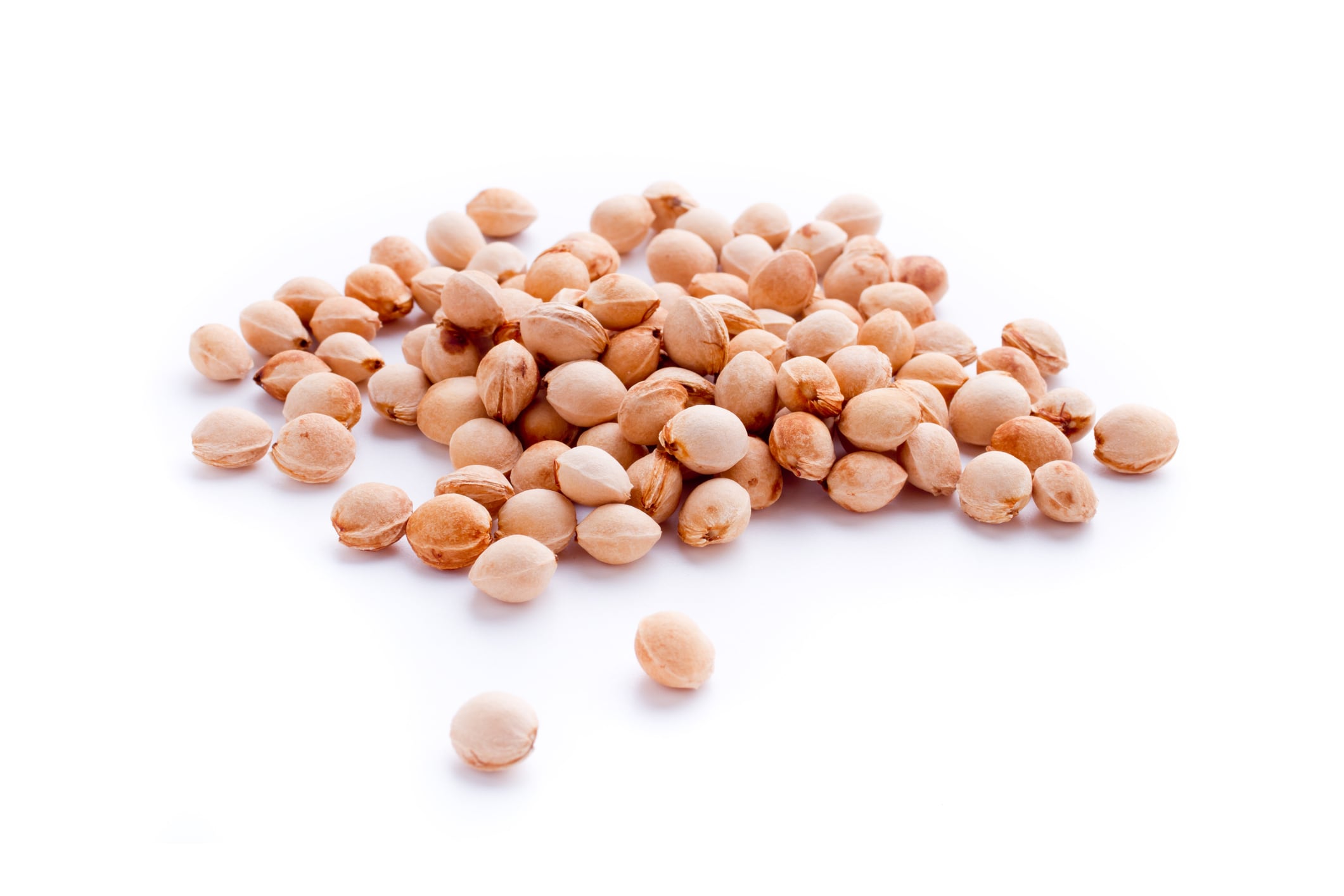
Himalayan seed waste provides new natural solution for green cosmetic stabilisers
Residue from the seed of the Prinsepia utilis Royle plant can be repurposed as a natural stabiliser for green emulsions, say researchers in China.
News & Analysis on Cosmetics Innovation

Residue from the seed of the Prinsepia utilis Royle plant can be repurposed as a natural stabiliser for green emulsions, say researchers in China.

Scientists in Japan have found a new way to clean up “forever chemicals” that is safer and more energy-efficient than older methods by using tiny particles called zinc oxide (ZnO) nanocrystals (NCs).

Researchers in Thailand have found that an extract from cashew apple, a typically discarded part of the plant, could be a powerful new ingredient for anti-ageing skin care and wound healing.
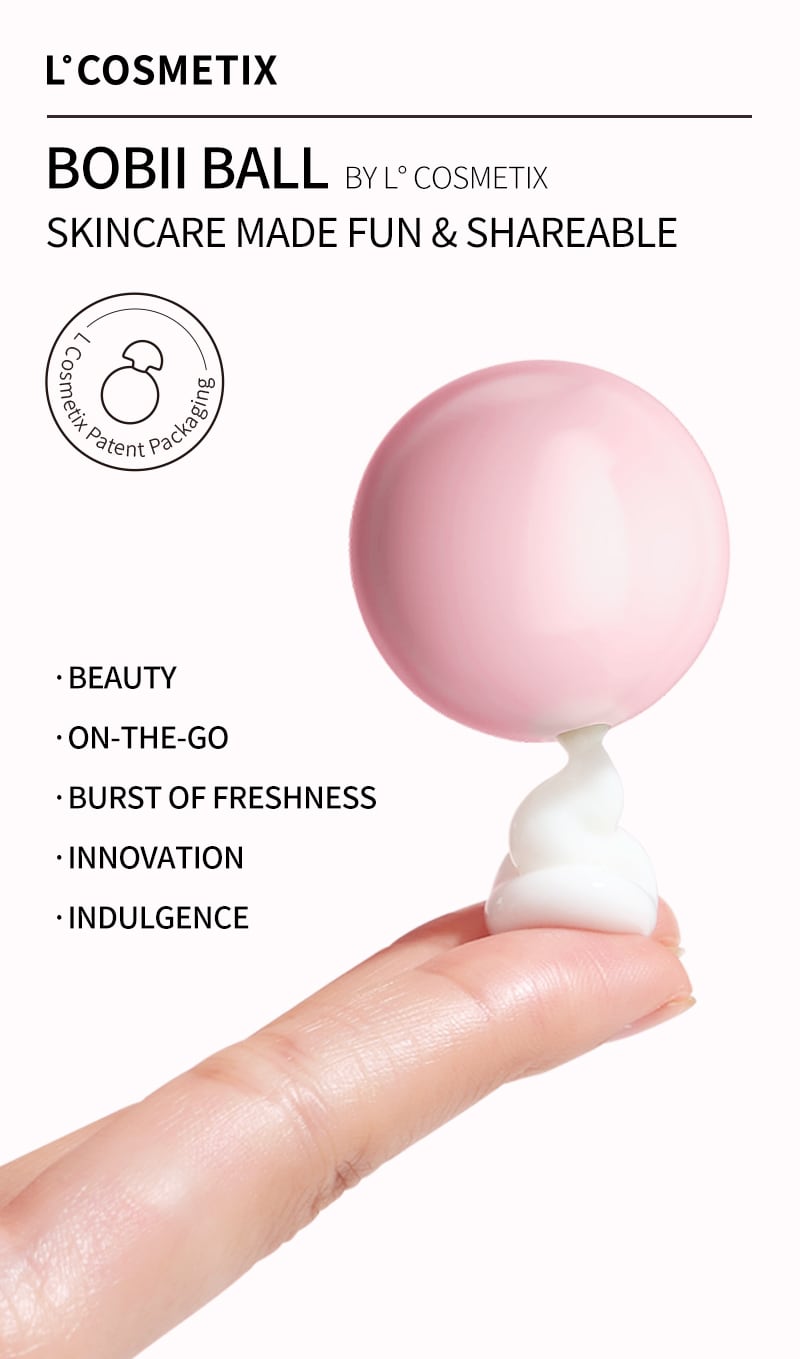
Chinese company L Cosmetix says that the myriad advantages of single-dose applications, including convenience, higher efficacy and less contamination, will lend itself to becoming a major beauty trend.
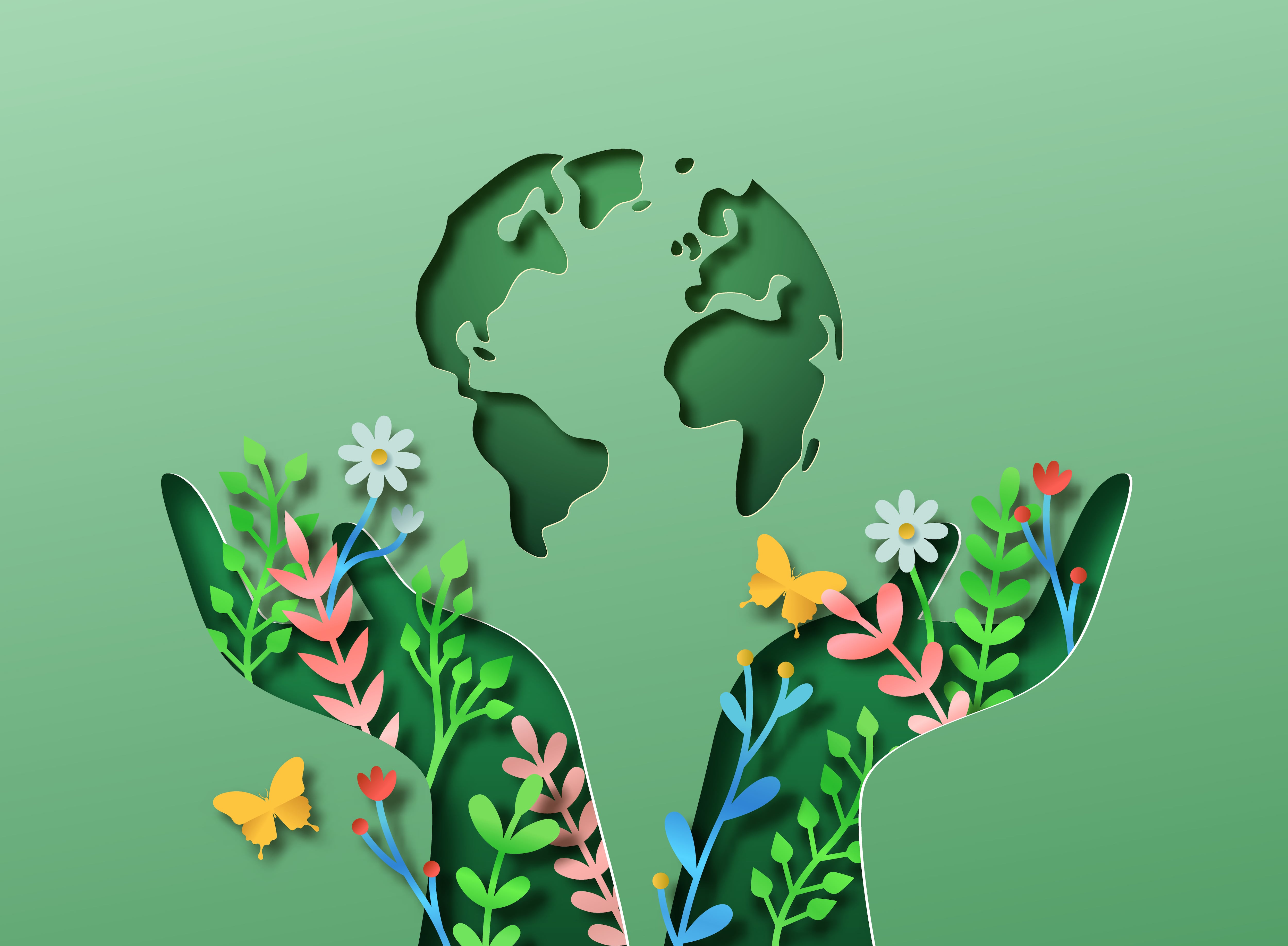
dsm-firmenich, LPPOM and RSPO offer their perspectives on some of the key barriers and innovations surrounding the topic of green beauty, ahead of the Sustainable Cosmetics Summit in Hong Kong.
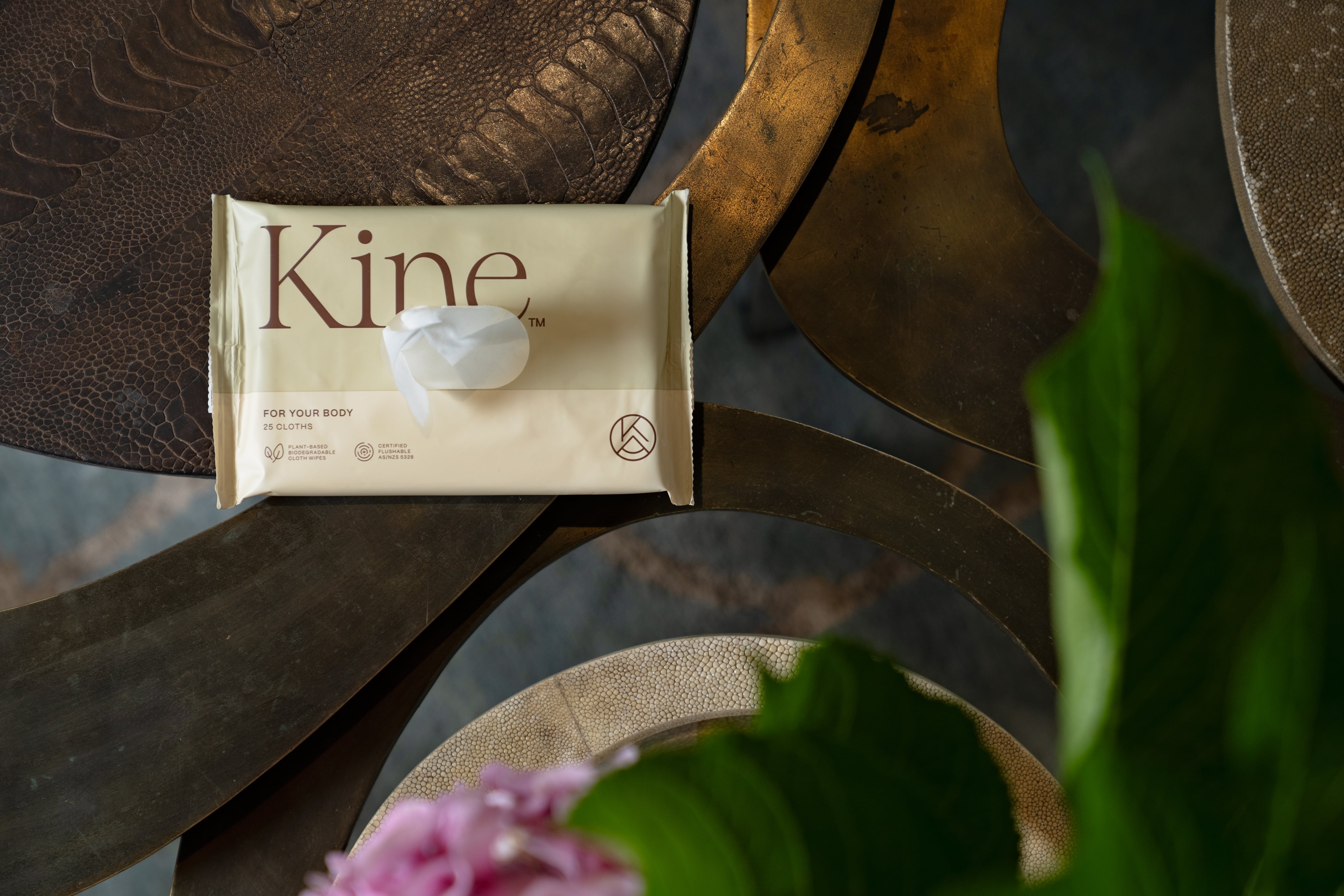
Kine Australia’s flushable body wipes seek to provide a reliable and sustainable alternative to traditional plastic-based products, balancing everyday convenience with environmental care.
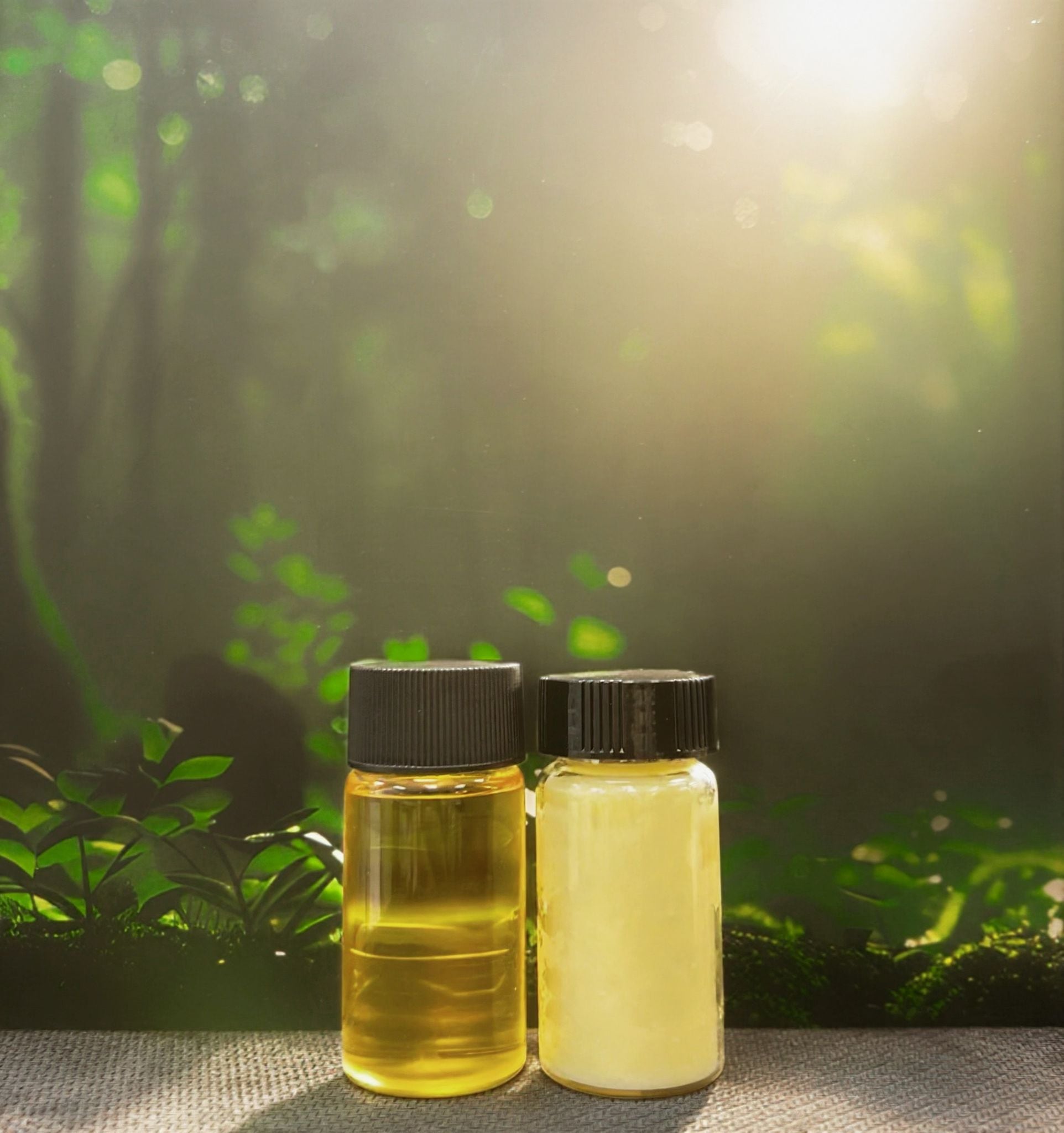
Singapore biotech start-up Terra Oleo is embarking on its next phase of developing sustainable and scalable lipid ingredients for applications across industries, including cosmetics, after raising $3.1m.
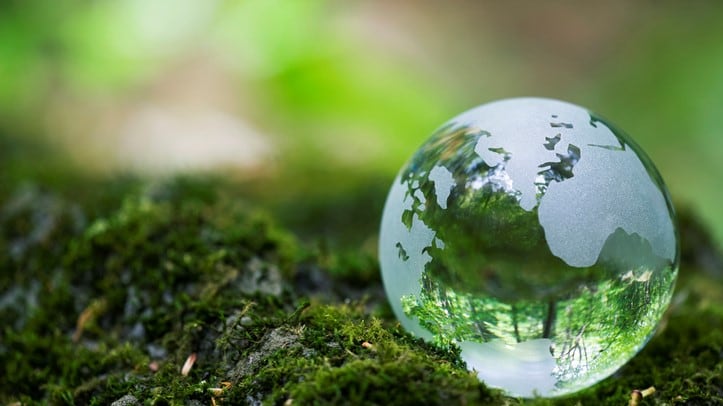
A global industry leader and an emerging firm from India offer a preview of the discussions that will be taking place at the Sustainable Cosmetics Summit in Hong Kong this November.
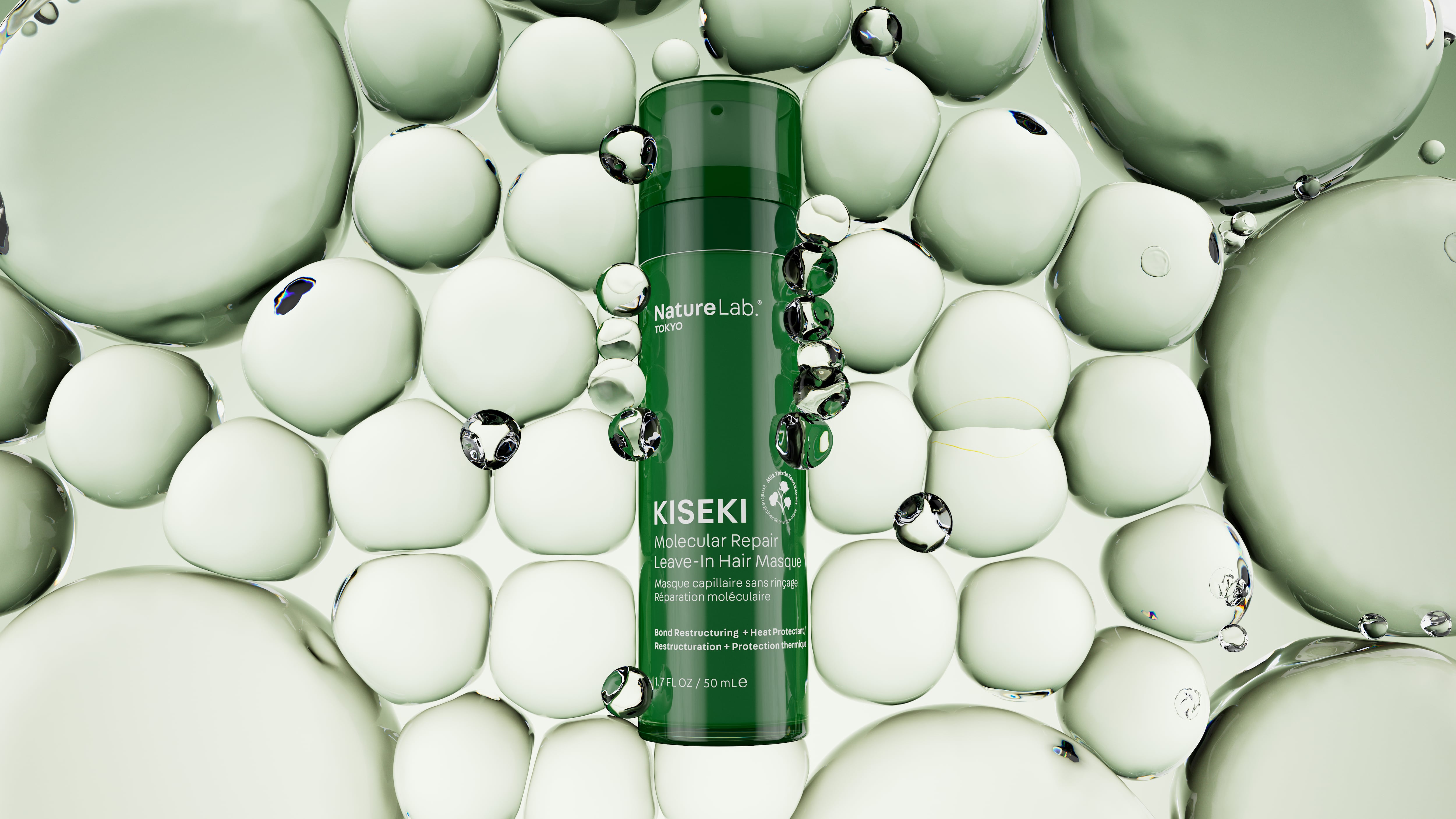
NatureLab Tokyo has launched a leave-in hair mask formulated with milk thistle seed extract, which it claims to be a sustainable and superior alternative to keratin, in Singapore.
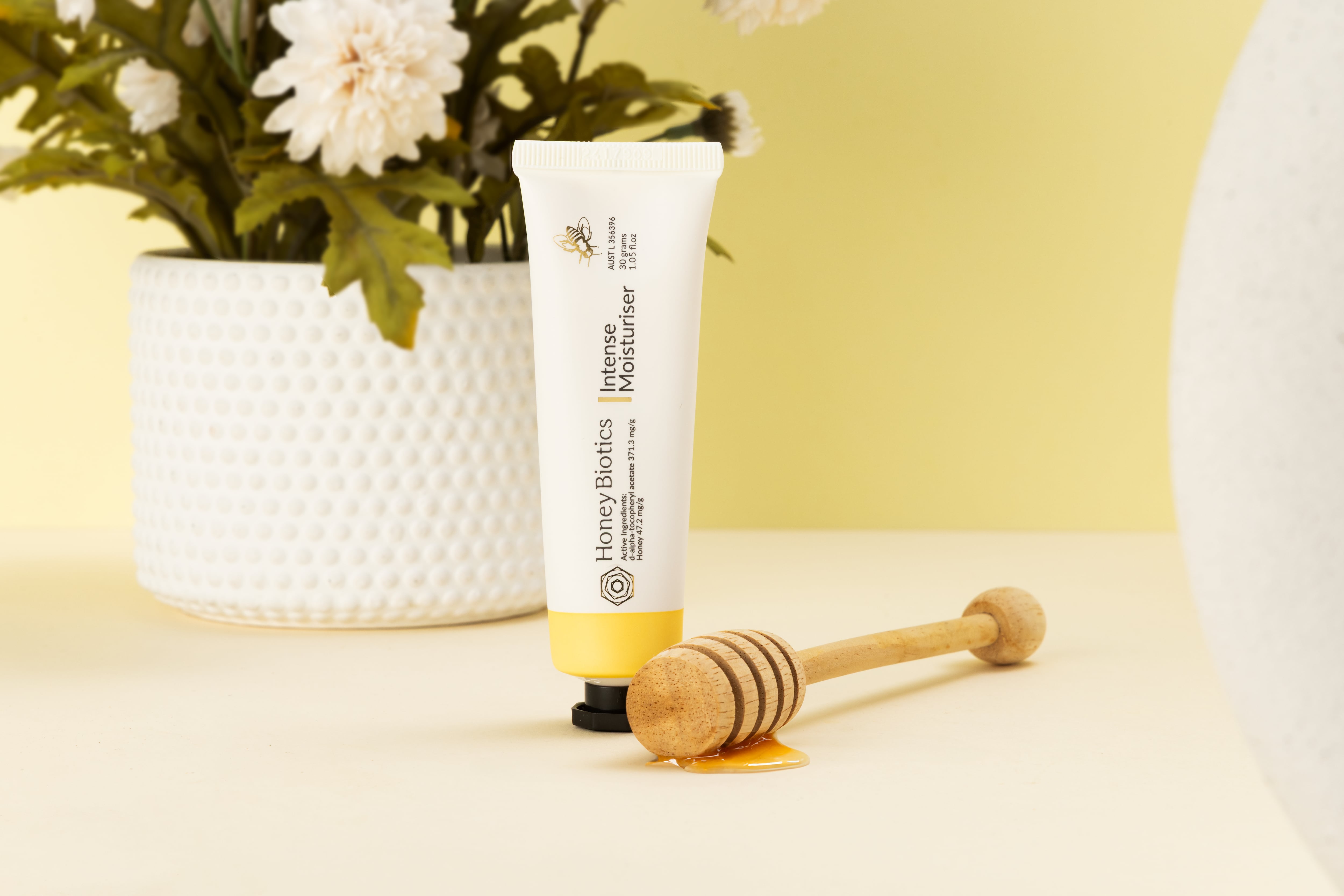
Australian skin care brand Honey Biotics is actively expanding its range of skin and personal care products that contain UMF15+ Manuka honey as a key ingredient.
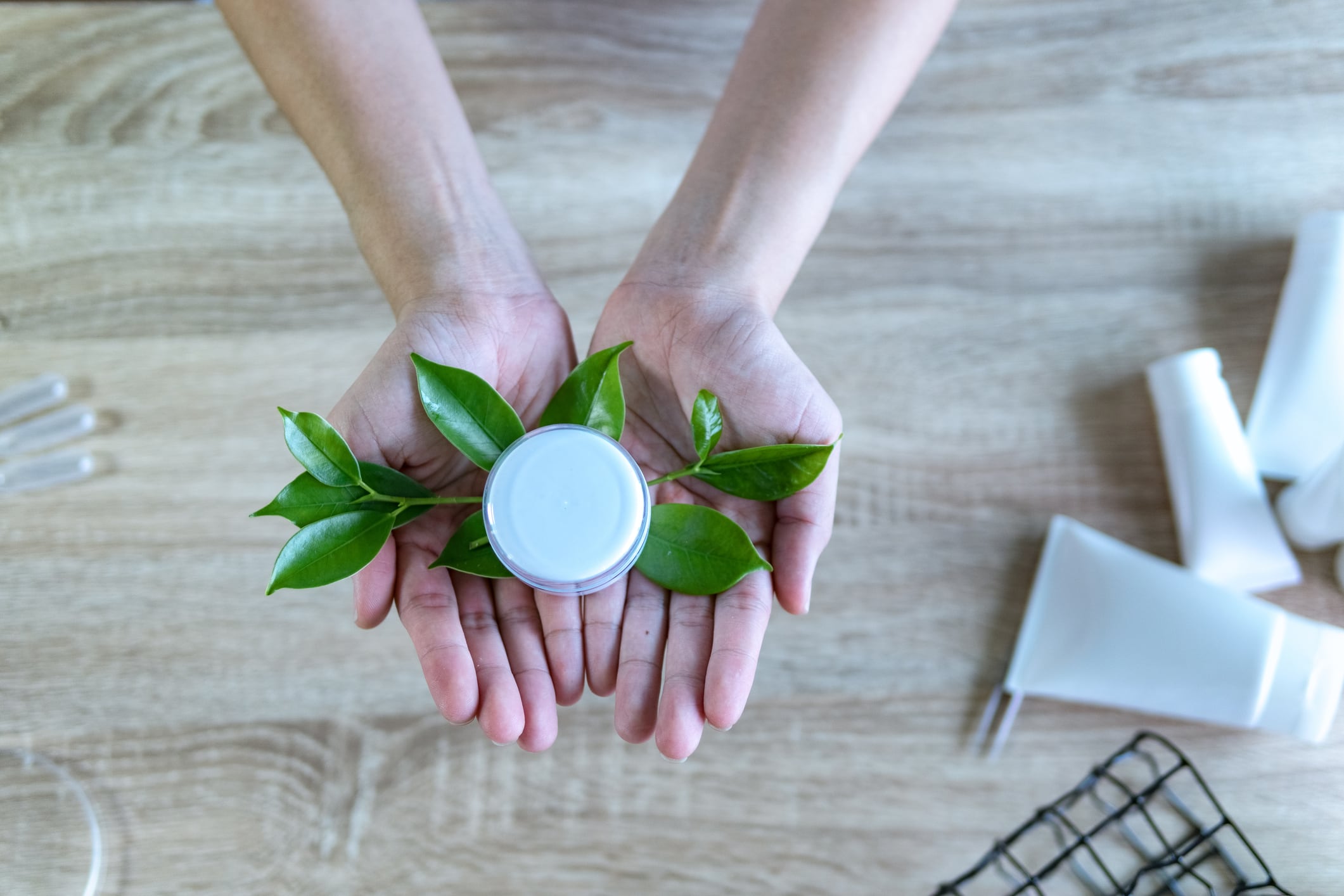
This round-up highlights the latest developments in beauty relating to the topic of sustainability, spanning ingredient and packaging innovations to misconceptions and research findings.
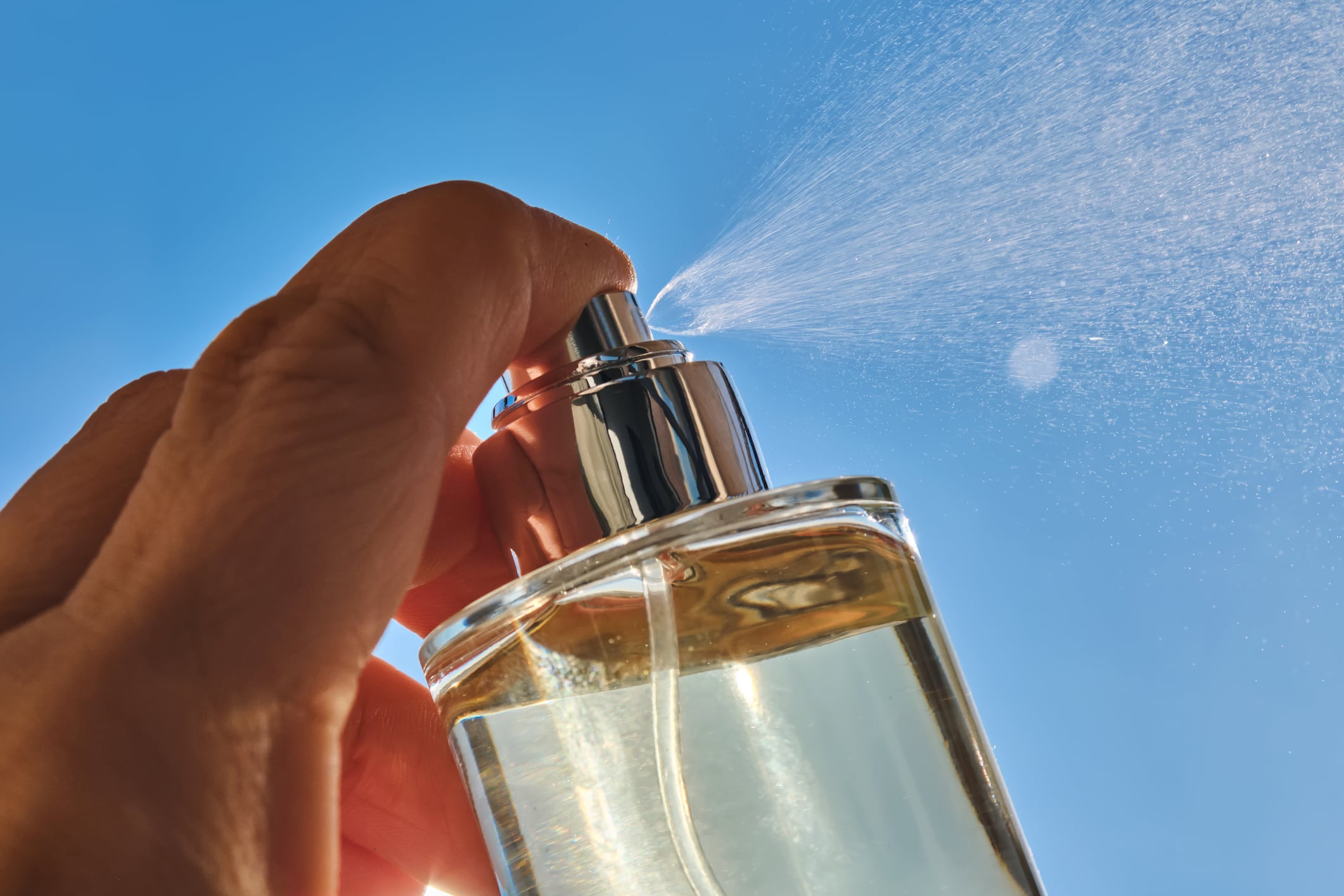
In the second part of this fragrance feature, find out how indie brands are tapping into the demand for niche products, the importance of resonant marketing messaging, and the challenges and opportunities for packaging innovation.
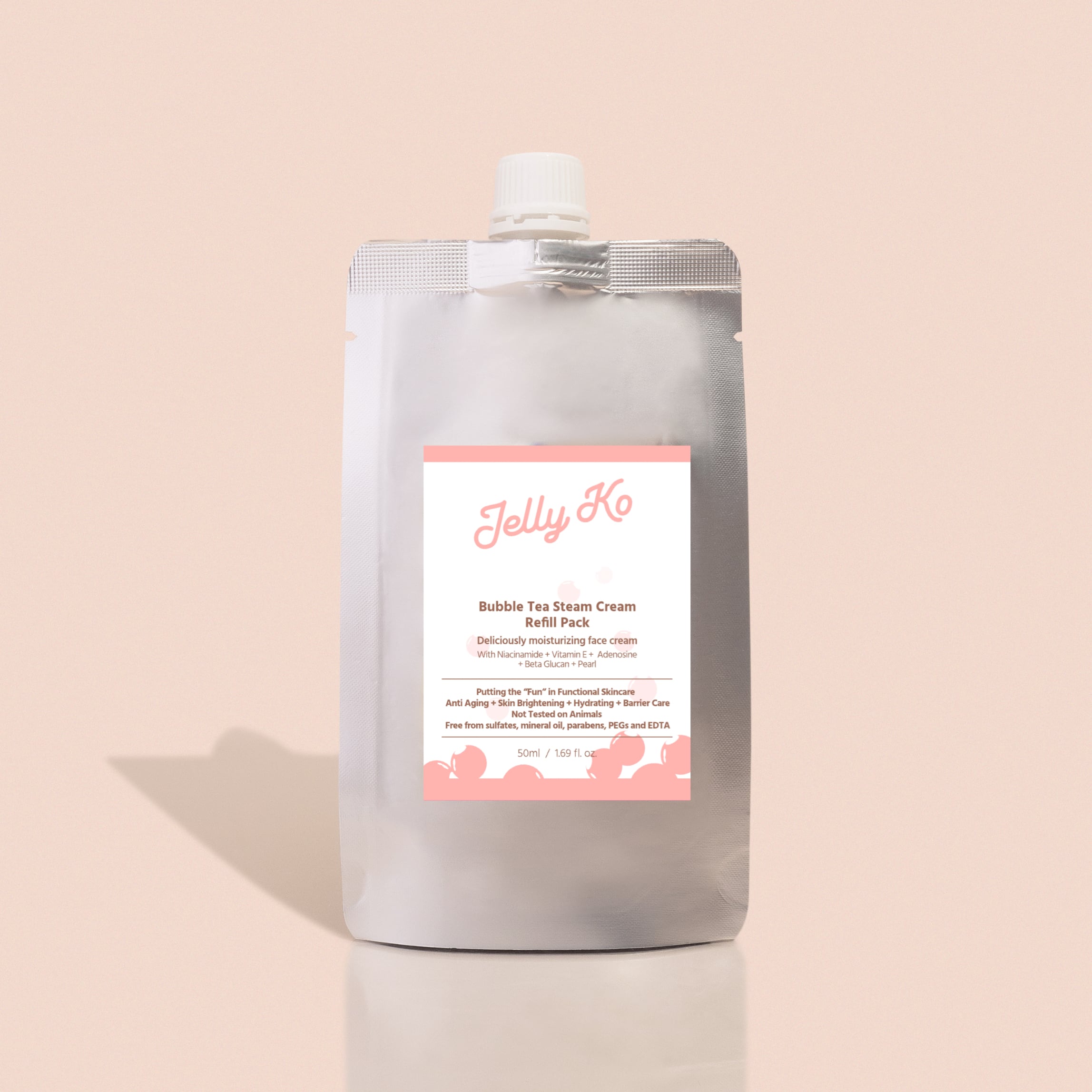
Jelly Ko is actively expanding its refill product line-up due to strong sales performance and popularity of travel-friendly packaging.
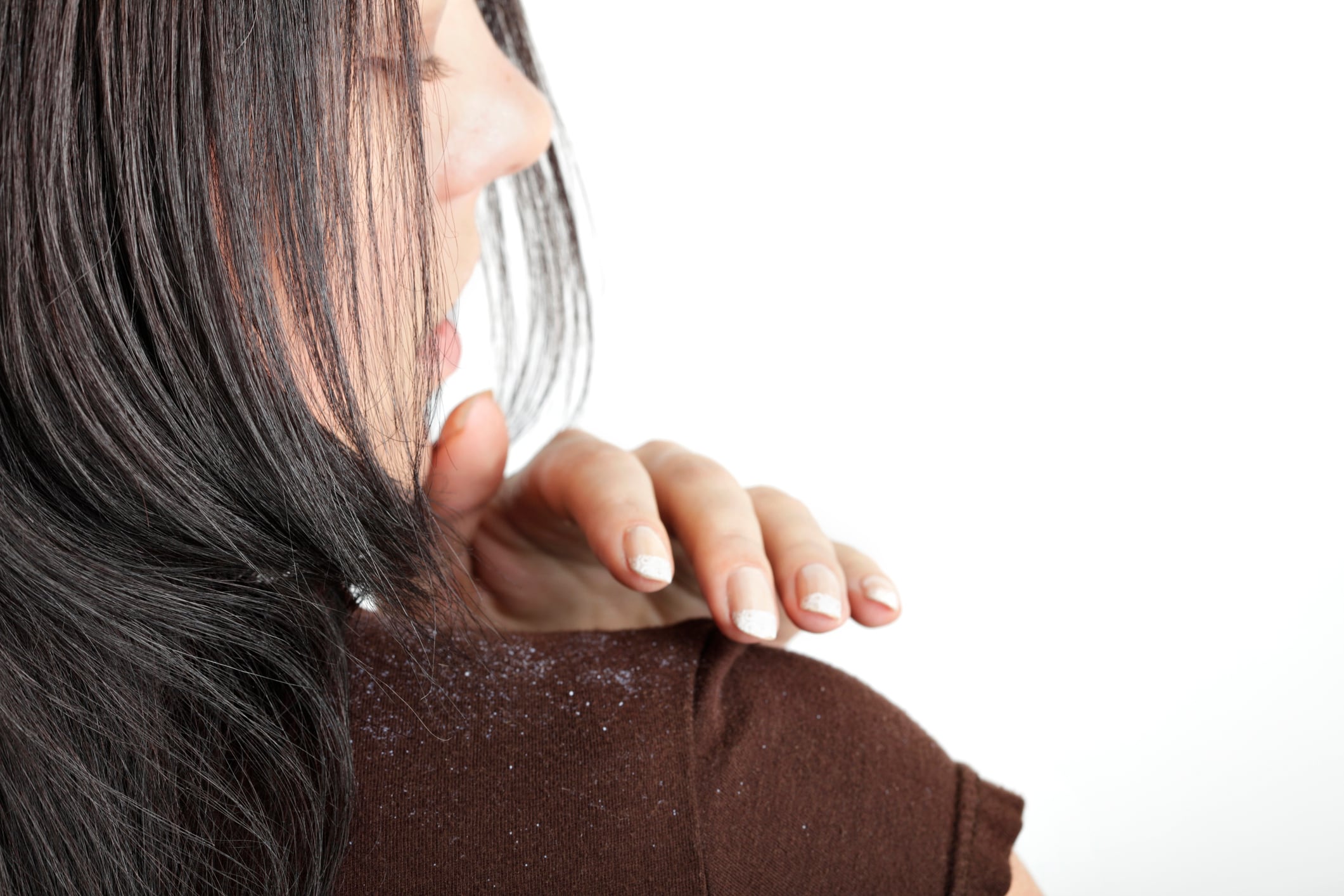
India-headquartered ingredients firm Mane Kancor looks to expand its footprint in the personal care sector, with its latest anti-dandruff ingredient poised to spur growth.
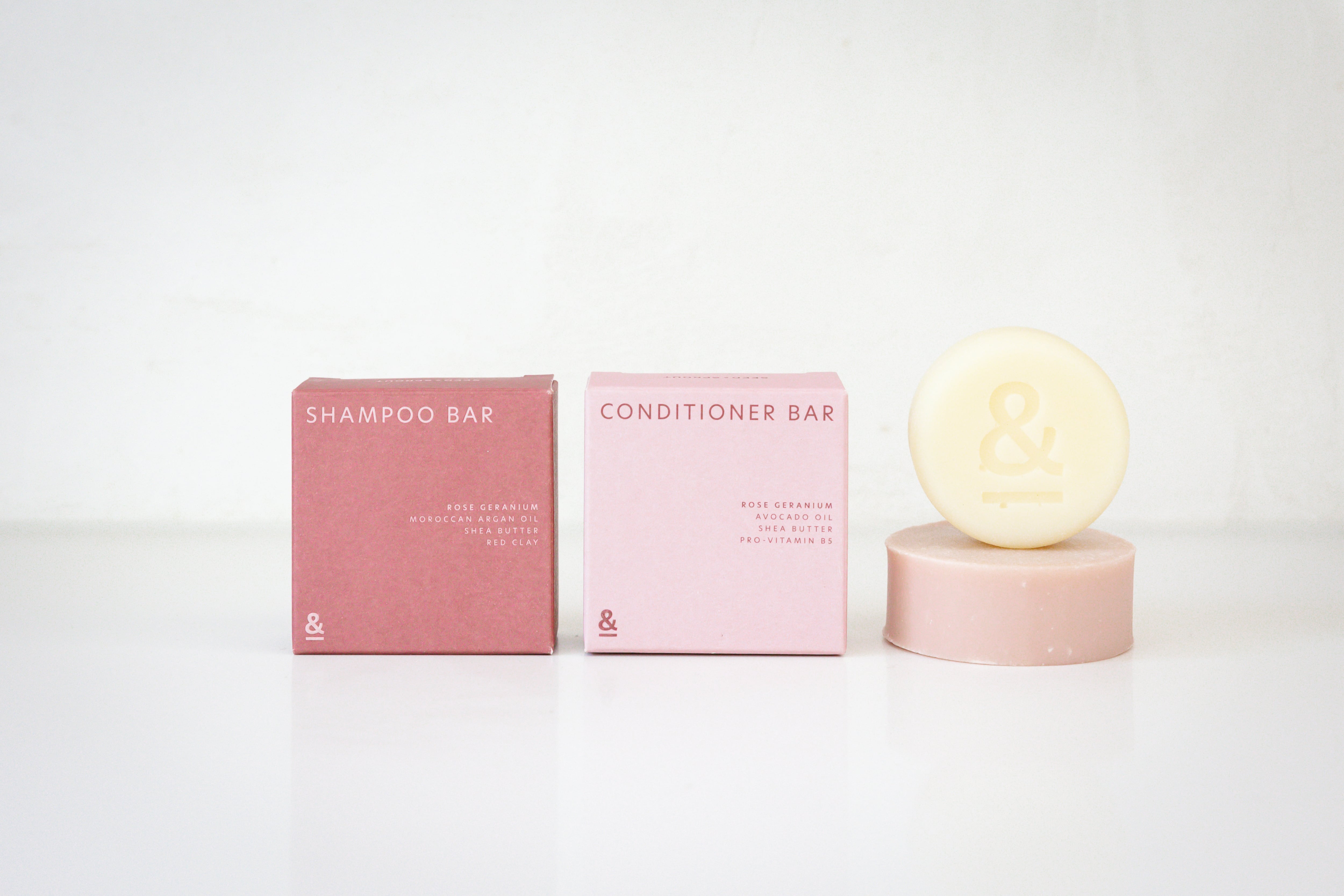
Australian brand Seed & Sprout is addressing green fatigue among consumers and debunking misconceptions about bar format products, while leveraging TikTok to spread sustainability and brand awareness.
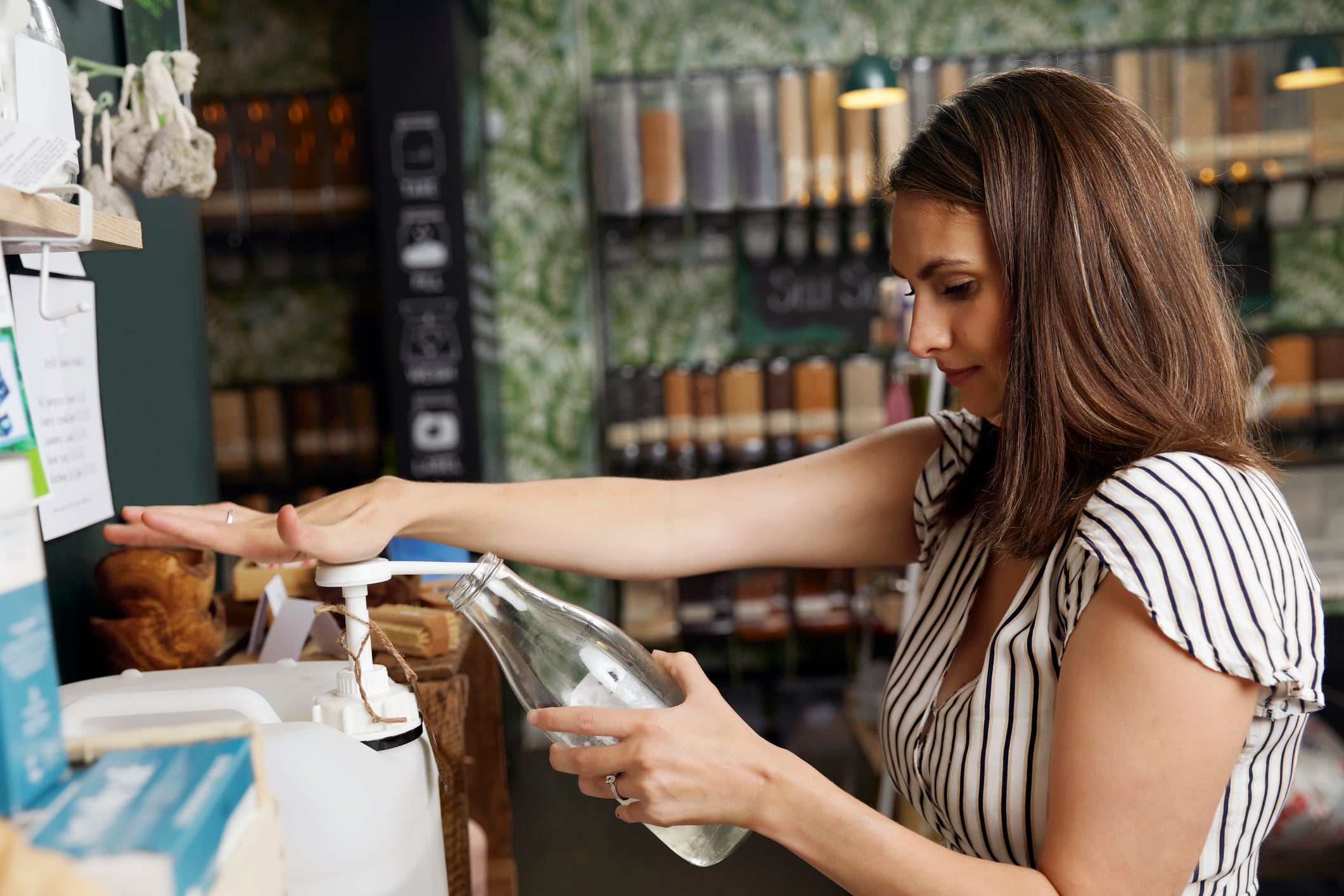
For shoppers, there appears to be a significant education gap that’s just waiting to be (re)filled.
Mukti Organics has released a dry body oil made using Native Extracts’ tomato seed oil, amid a growing trend of upcycled ingredients being utilised in skin care formulation in Australia.
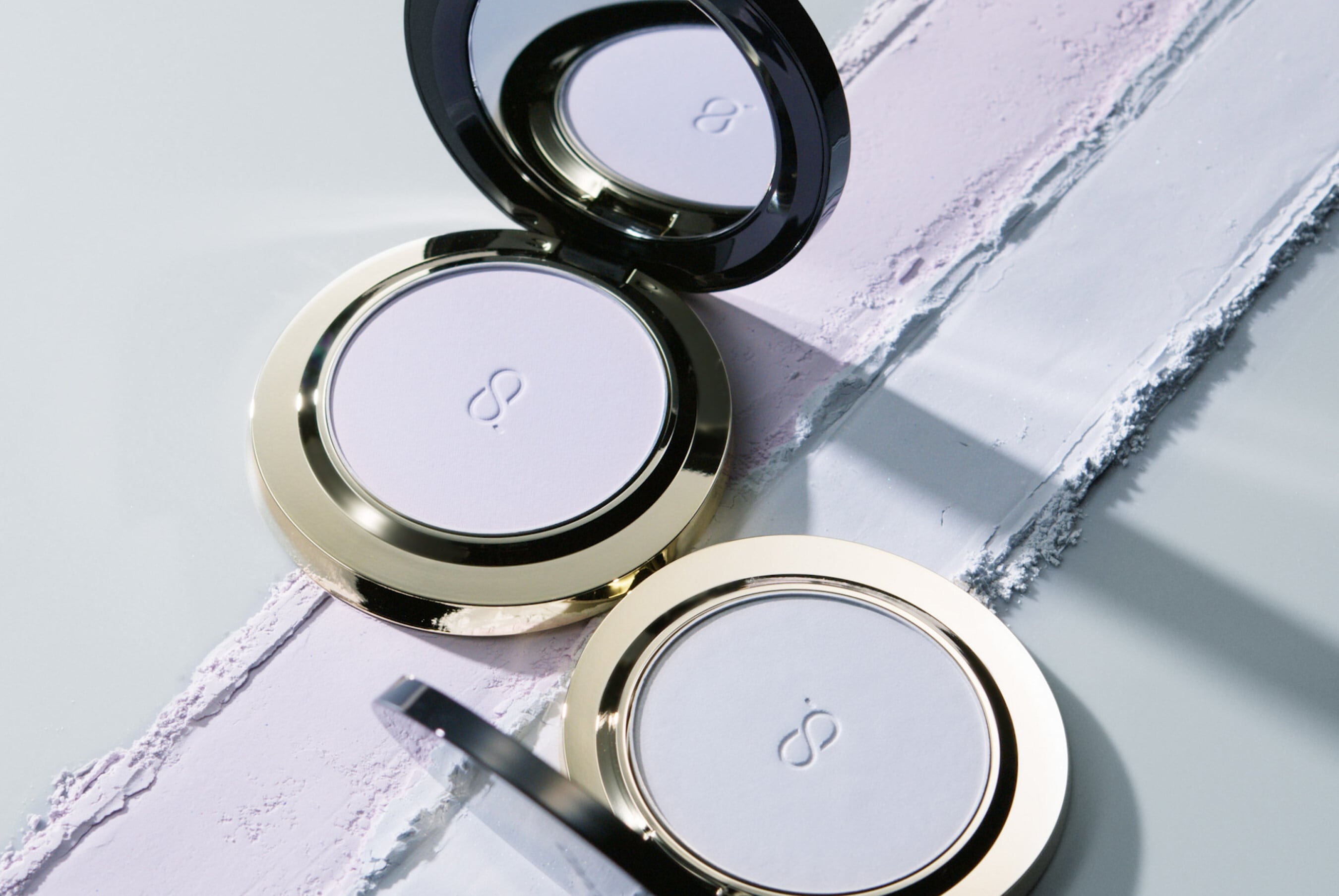
Kao-owned prestige beauty brand SUQQU has changed the packaging for its new powder compact to a recyclable resin, in order to meet sustainability demands without compromising on the aesthetic aspect.
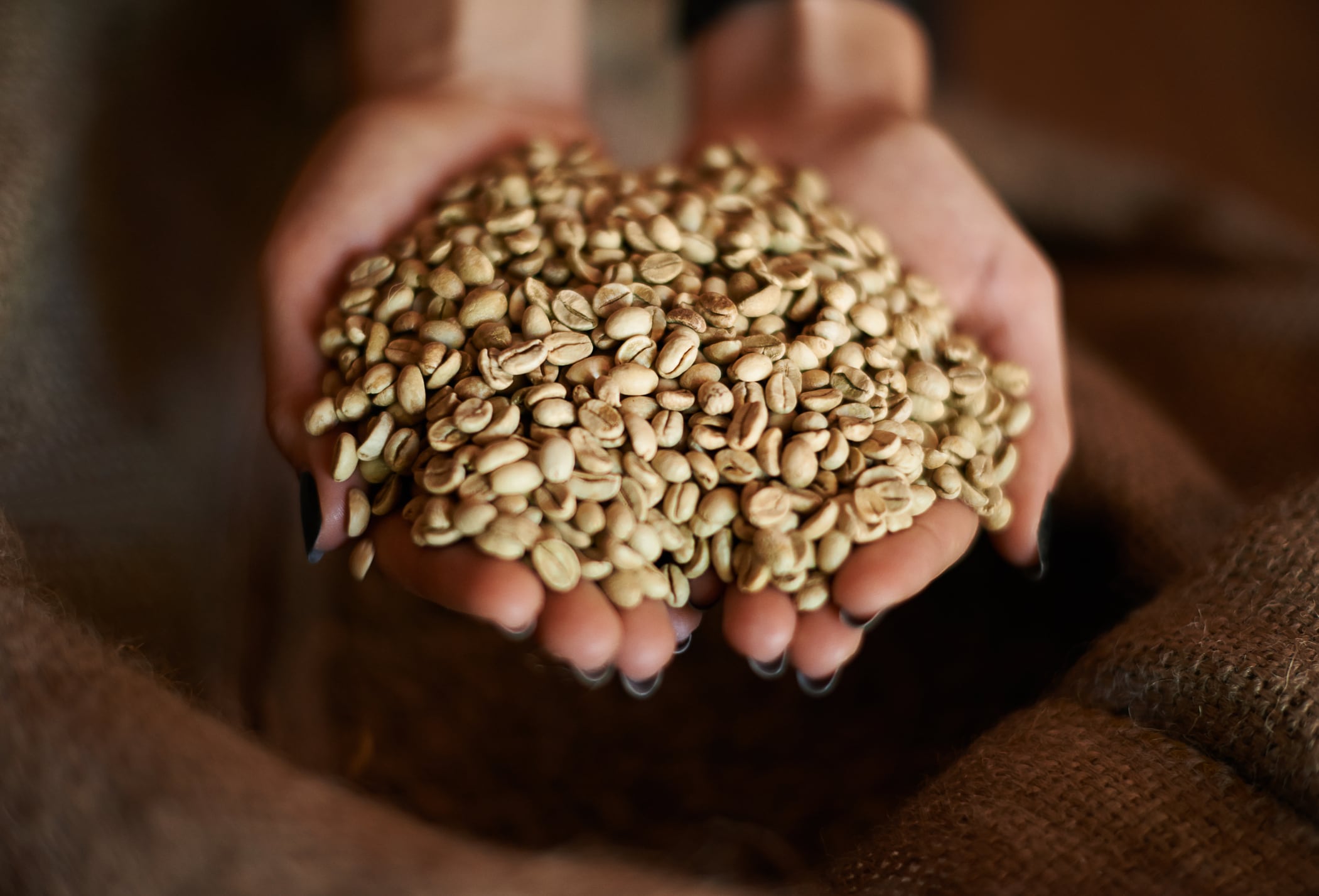
Pretti5’s Green Coffee extract offers consumers an effective, eco-friendly alternative to topicals formulated with traditionally sourced caffeine.
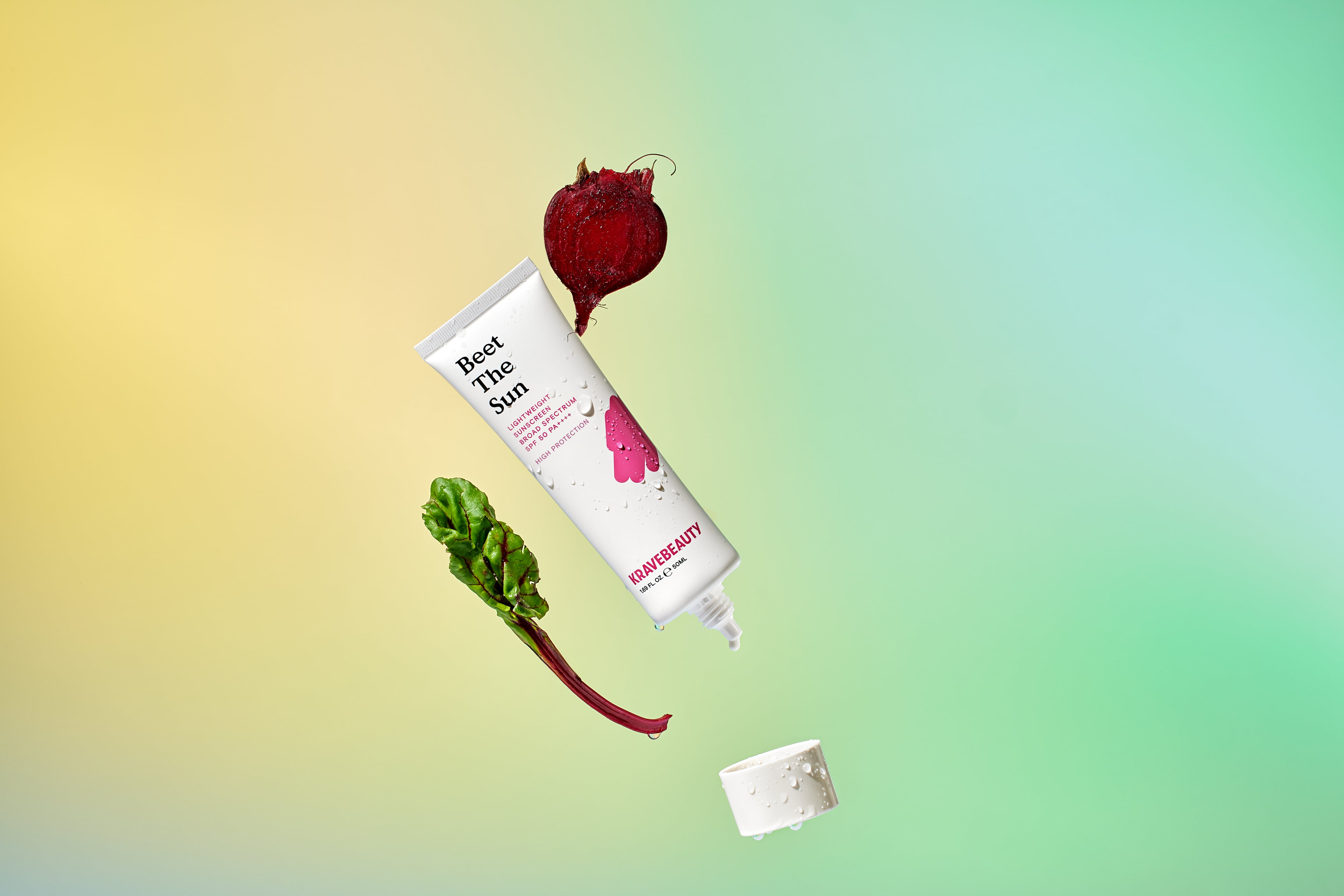
K-beauty brand KraveBeauty has released an improved version of its “cult-favourite” sunscreen in South East Asia (SEA) and the UK, which it claims to offer higher sun protection and more seamless application.
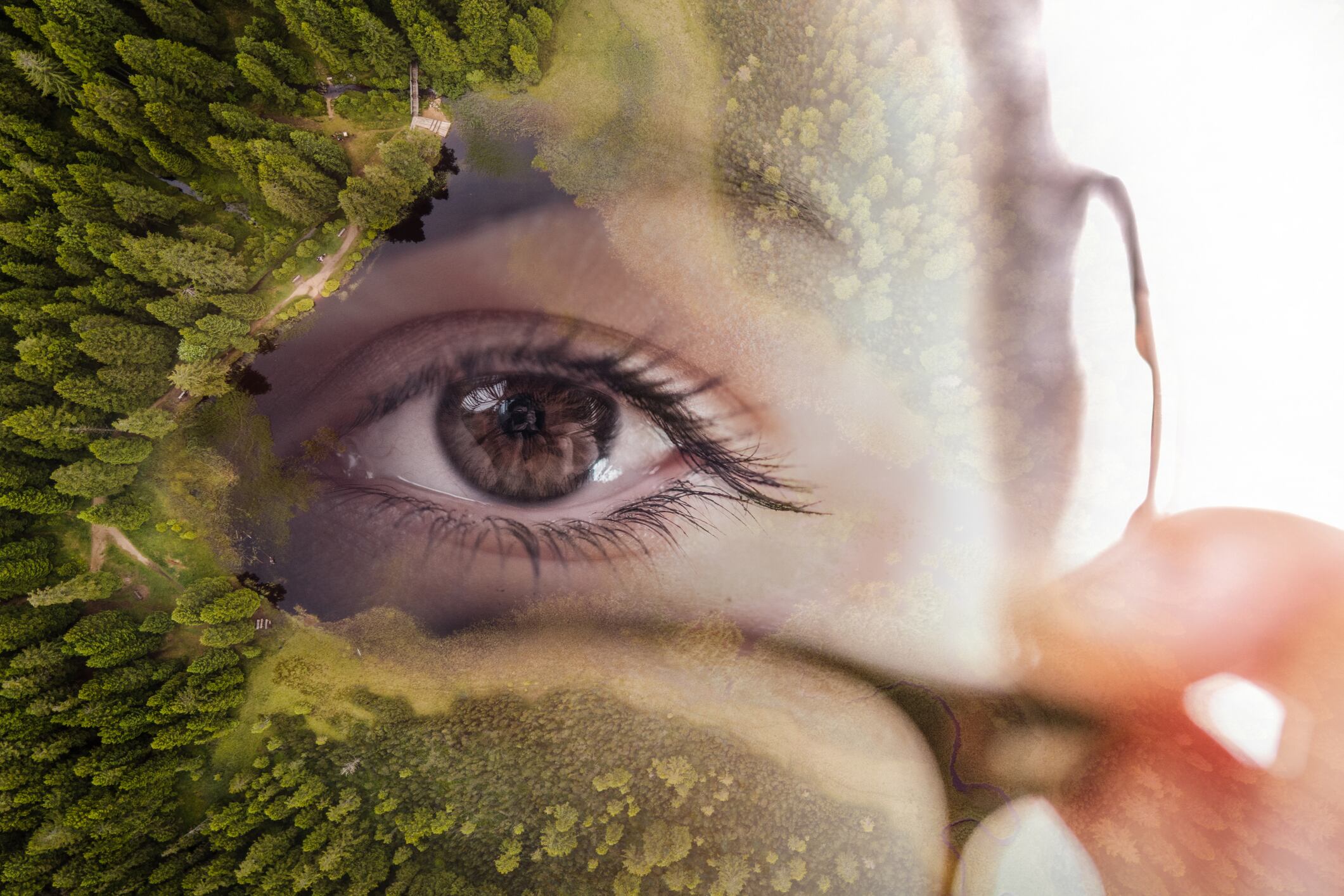
Through programs like Beauty (Re)Purposed and Planet Aware, the beauty retailer is expanding its sustainable footprint through multiple initiatives.
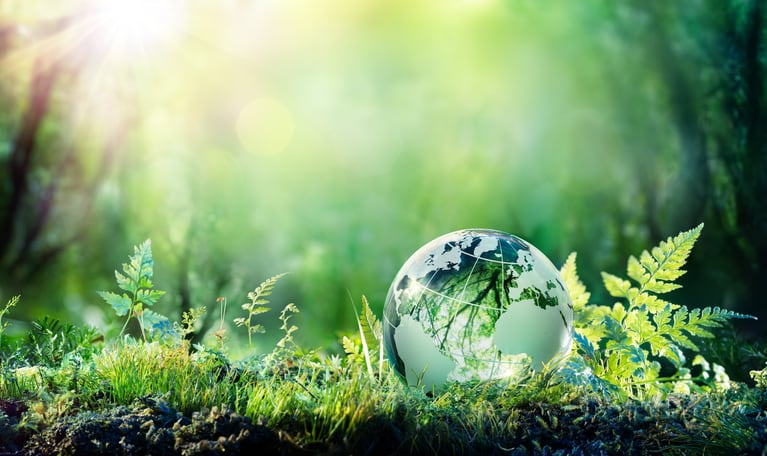
LG Household & Healthcare (LG H&H) is to focus on climate-adaptive beauty innovation to address an “urgent” need for cosmetics that tackle the effects of climate change.
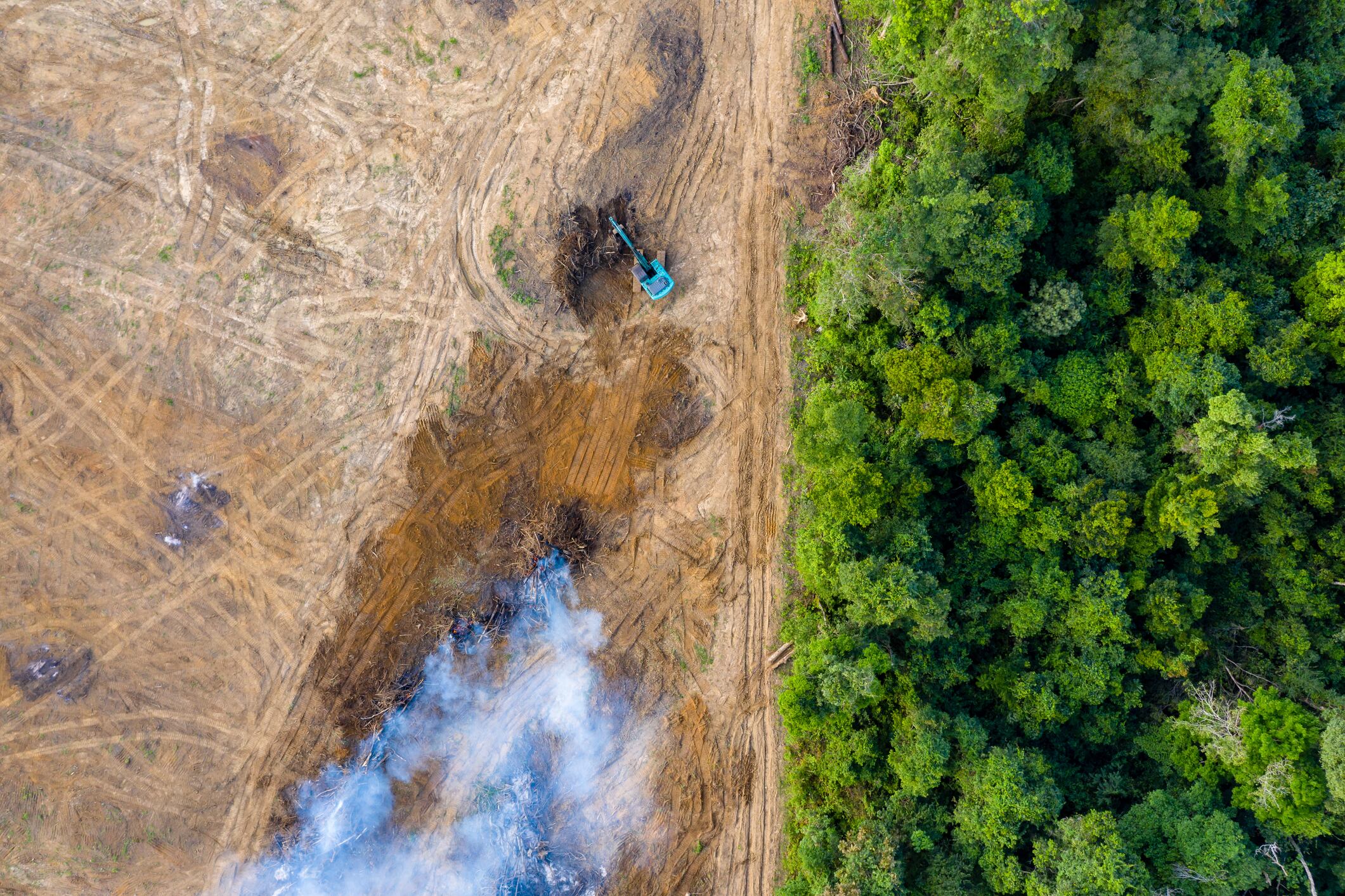
Backed by Unilever, L’Oréal, and Kao, Future Origins’ biotech alternative to palm-derived surfactants will be entering commercial scale.
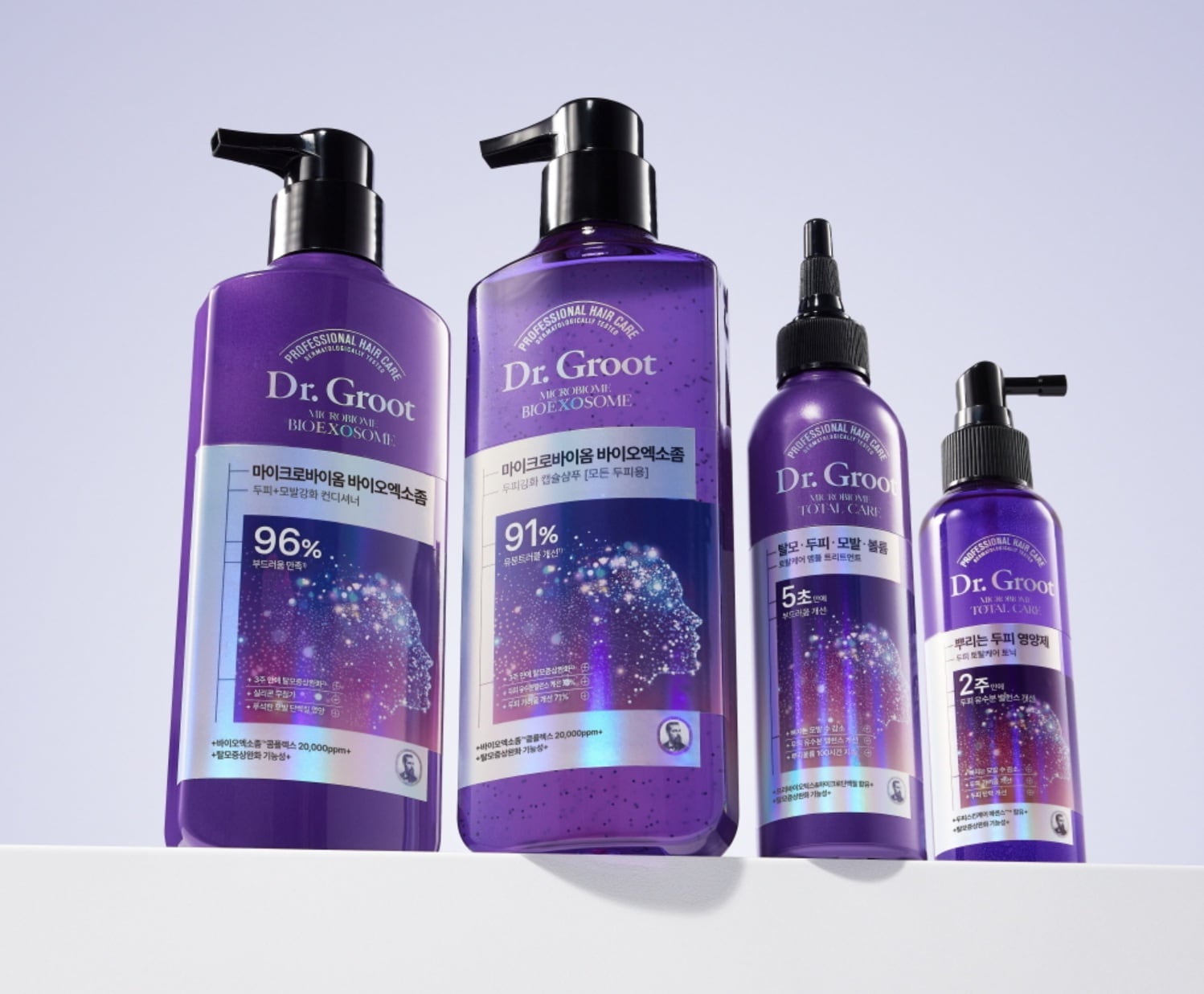
South Korean brand Dr.Groot has launched an upgraded version of its bestselling hair care range, which is targeted at enhancing the scalp environment to promote hair growth.
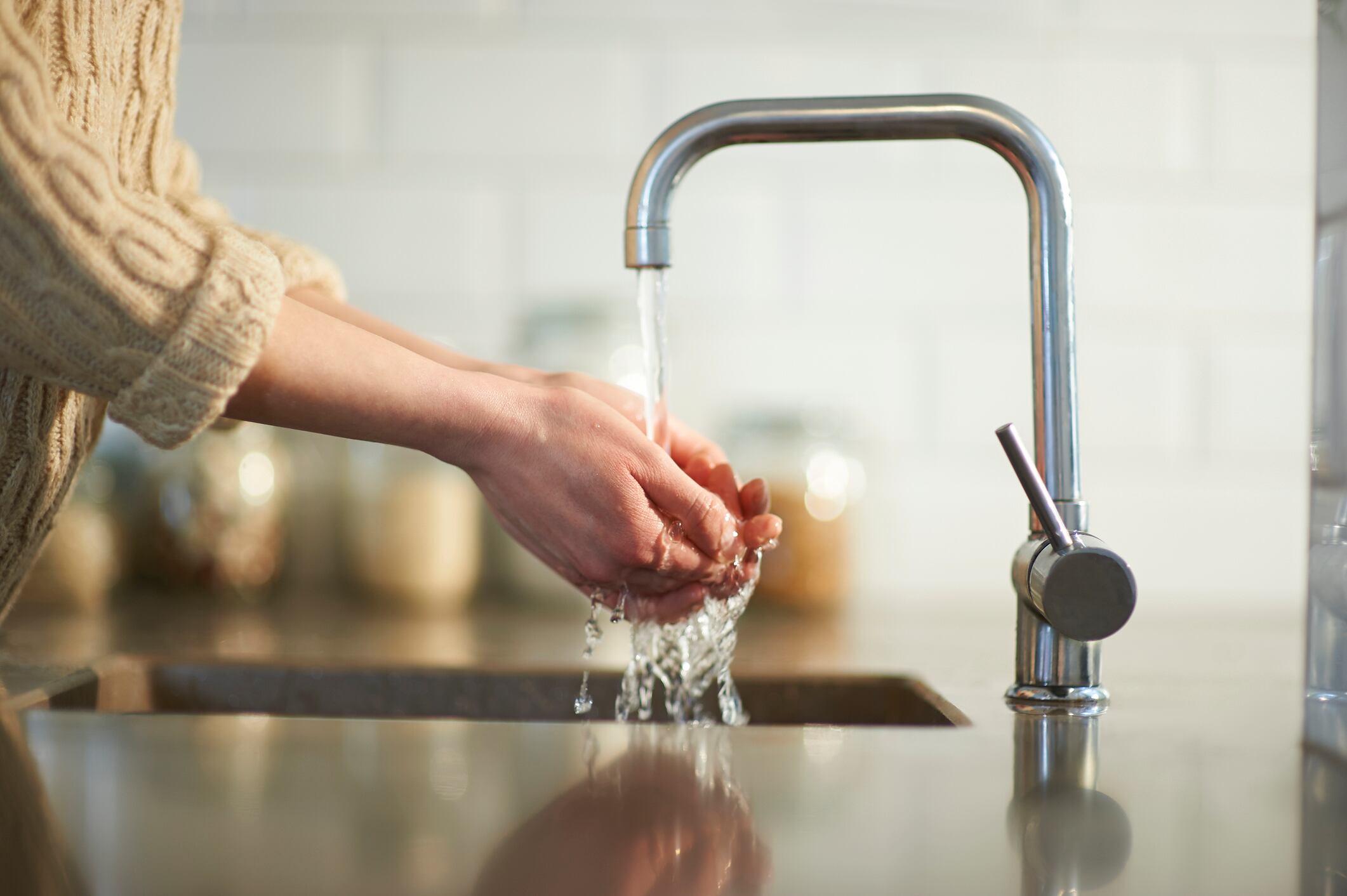
“We hope the new icons and usage instructions will help new customers looking for safe, ethical, and effective products, discover the many ways to lather up with our soaps,” Christina Volgyesi, Dr. Bronner’s Chief Marketing Officer, told CosmeticsDesign.
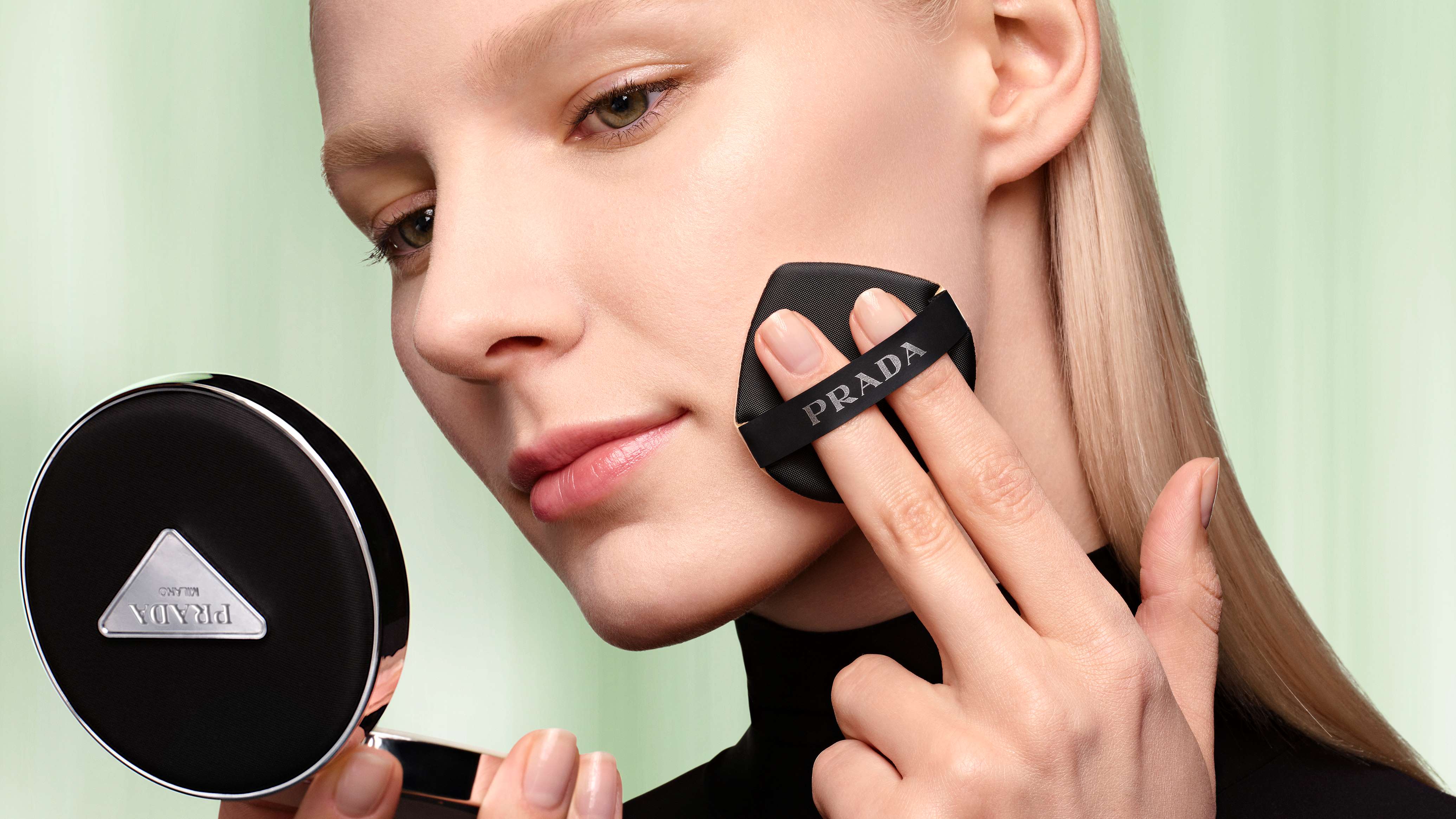
L’Oréal-owned Prada Beauty has launched a cushion foundation with an “ultra-soft texture” that adapts to the movements of the user’s facial expressions.

The B Corp Beauty Coalition seeks to enhance collaboration, share expertise, and strengthen connections among its members across the Asia Pacific region.
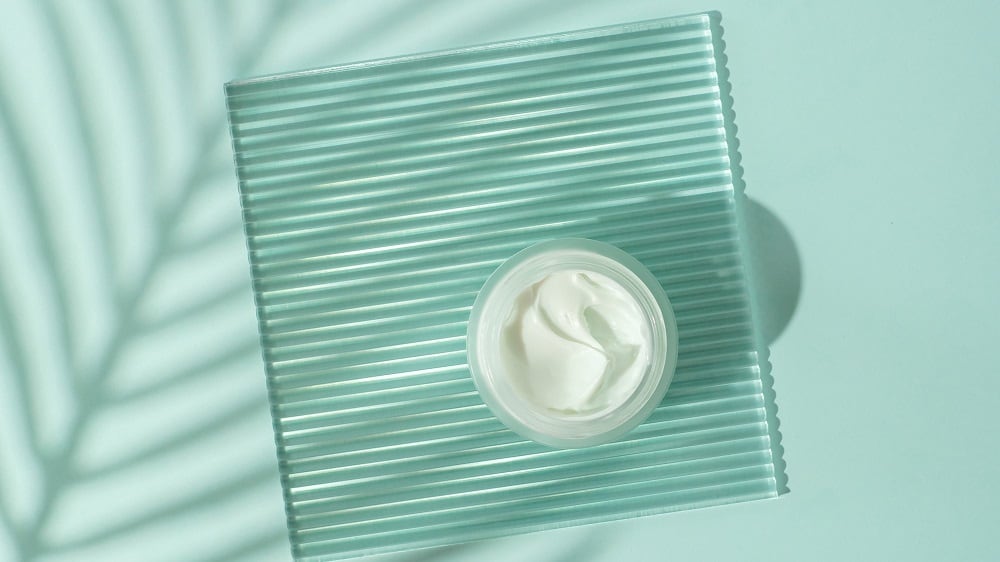
Bio-based products face growing scrutiny over performance gaps and sustainability concerns, challenging their eco-friendly value, says Dow.
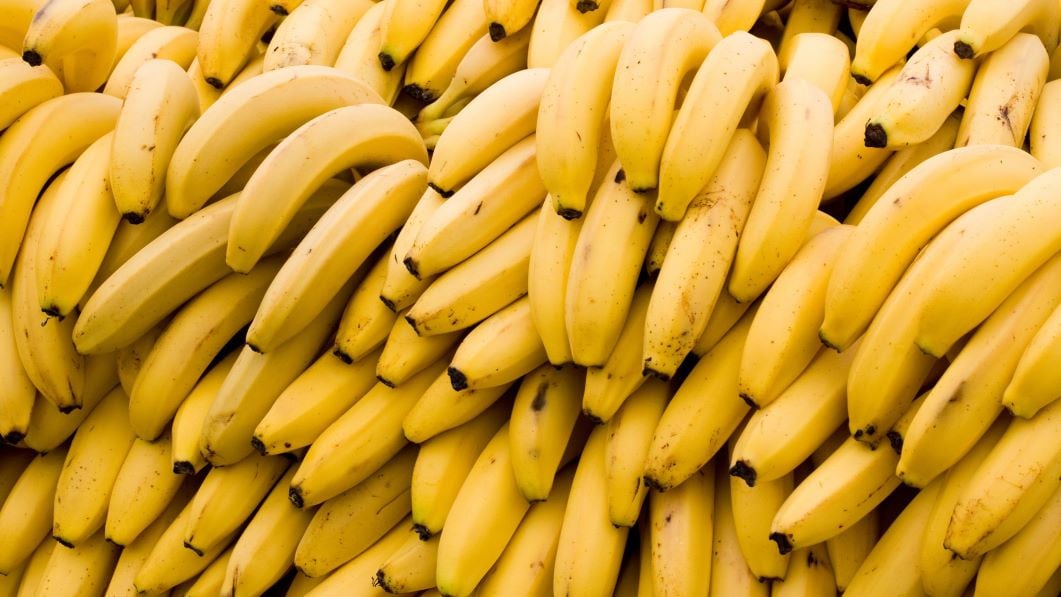
Kadalys, a French biotechnology firm specialising in banana-derived active ingredients for cosmetics, is hoping to tap into Asia's demand for high-efficacy natural ingredients.
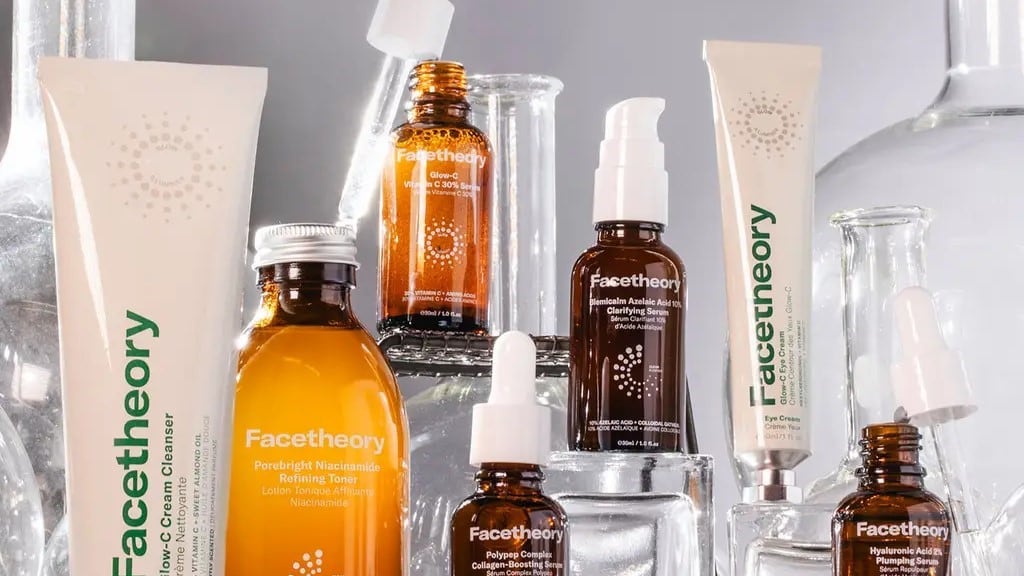
British brand Facetheory is aiming to capture Asia Pacific consumers with effective products, accessible price points, and strong focus on sustainability to appeal to the growing segment of eco-conscious consumers in the region.
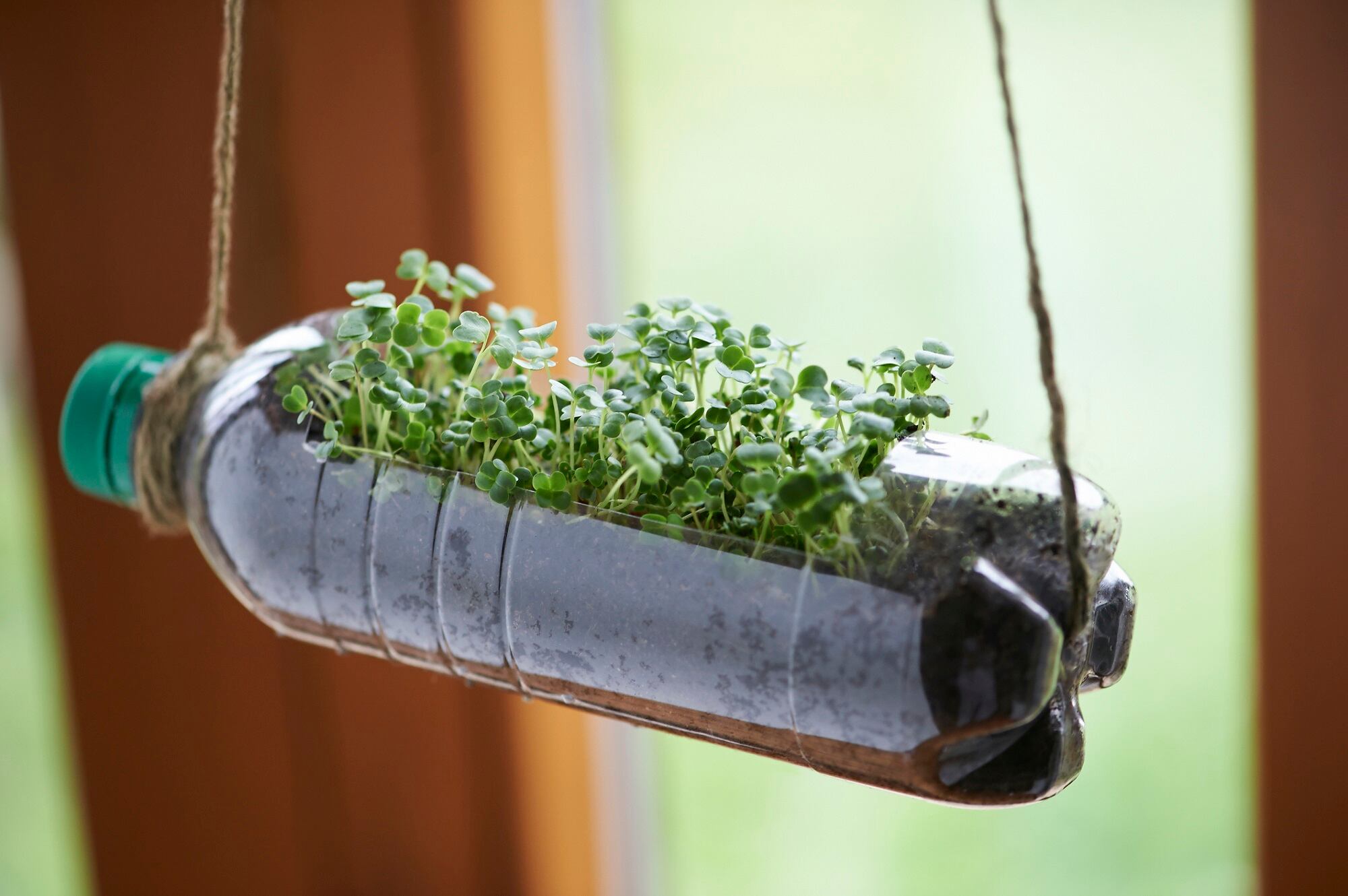
Explore the latest in ingredient upcycling and transparency advancements as the cosmetics industry redefines sustainability with digital traceability and innovative, waste-derived ingredients.
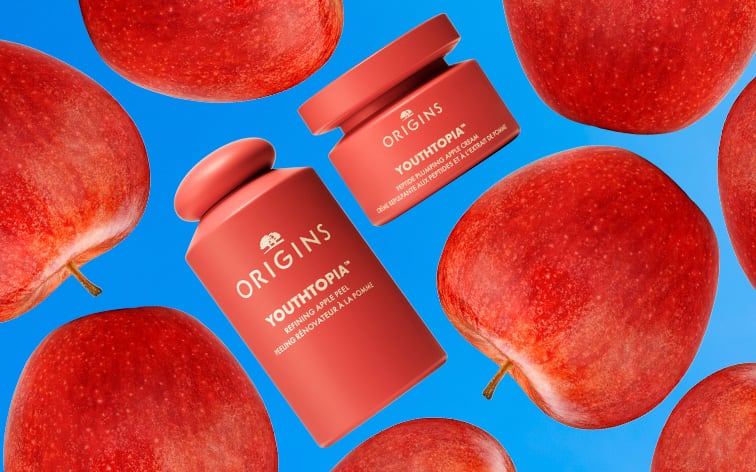
Origins’ new Youthtopia series highlights the transformative potential of upcycled beauty ingredients and is spurring the brand to brand to explore future opportunities in upcycling.

IMCD says that transparency and efficacy claims backed by scientific data are key to shifting consumer perception about upcycled beauty products.
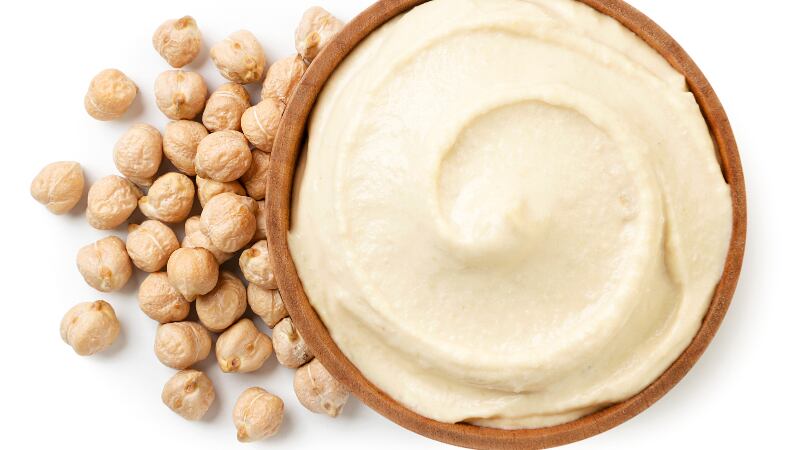
UK-based The Upcycled Beauty Company is banking on the greater consumer awareness and adoption of recycling in Asian countries, especially South Korea, to accelerate its growth in the region.
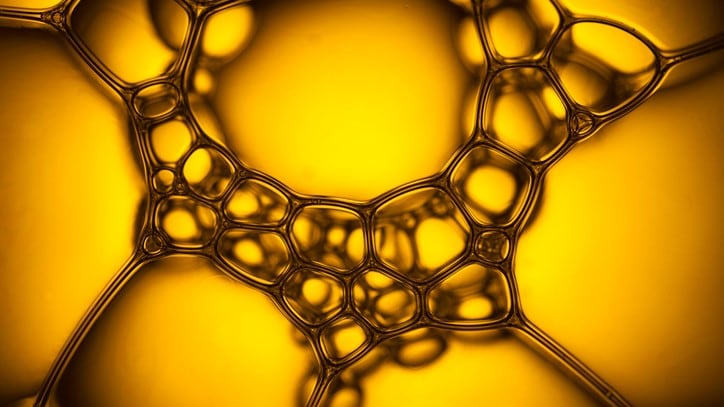
Unilever's India subsidiary is receiving encouraging initial feedback on its new palm-reduced soap formulations under brands LUX and Lifebuoy.
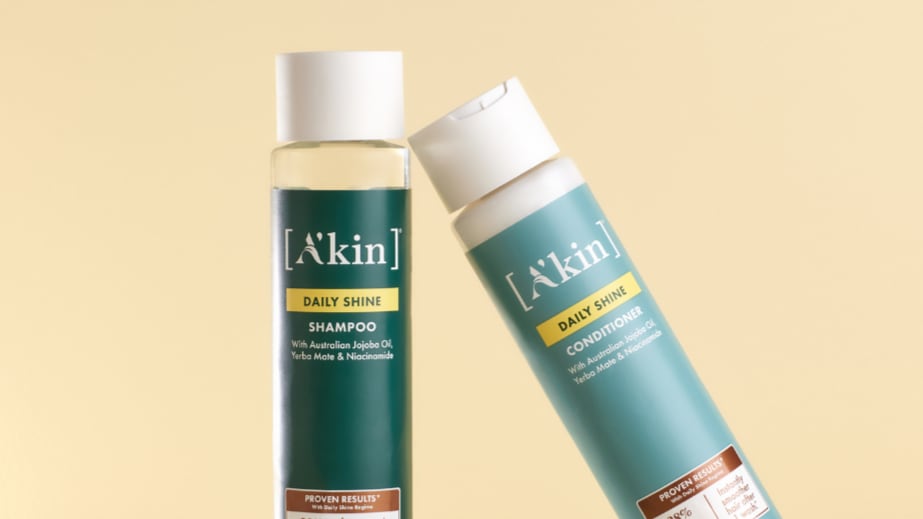
A'kin is moving away from skin care todouble down on its strengths in hair care and natural deodorant to meet consumer demand for effective botanical ingredients in these categories.
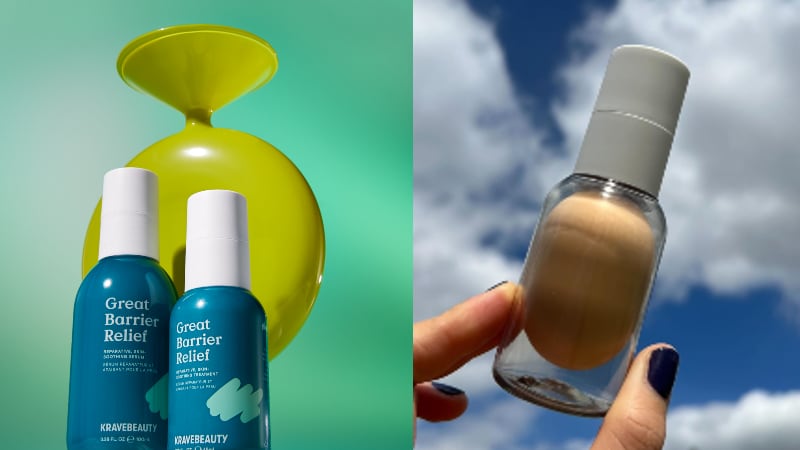
US-based KraveBeauty is looking to extend the application of its waste-minimising “egg packaging” and to introduce refills for popular products, while expanding its offerings for the Singapore market.

Italian microbiome startup Bacfarm just won Shiseido’s annual startup competition with an innovation that can have uses in both topical and nutra sun care products. We spoke to the co-founder to learn more about how it could disrupt the category...
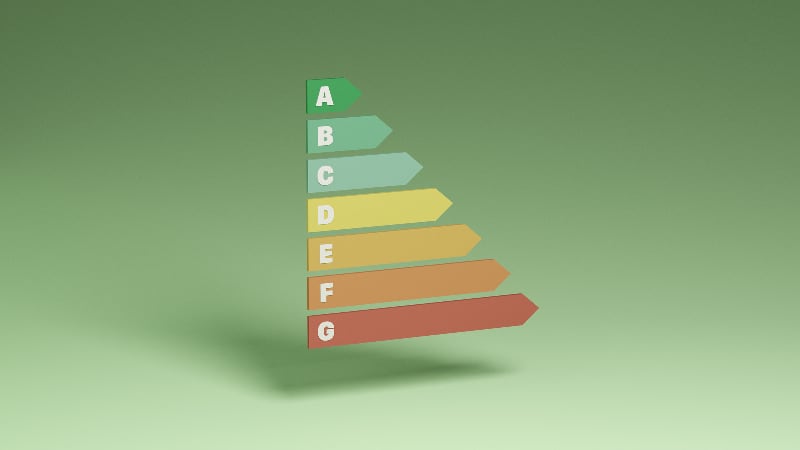
Cosmetic companies should capitalise on growing interest in on-pack sustainability scoring, akin to nutrition ratings on food packaging, to empower consumers in making confident purchase decisions, says an analyst.

South Korean cosmetics firm Daebong Life Science has developed a new anti-ageing raw material extracted from discarded lotus roots, which has been applied in a serum that is set to launch in the US.
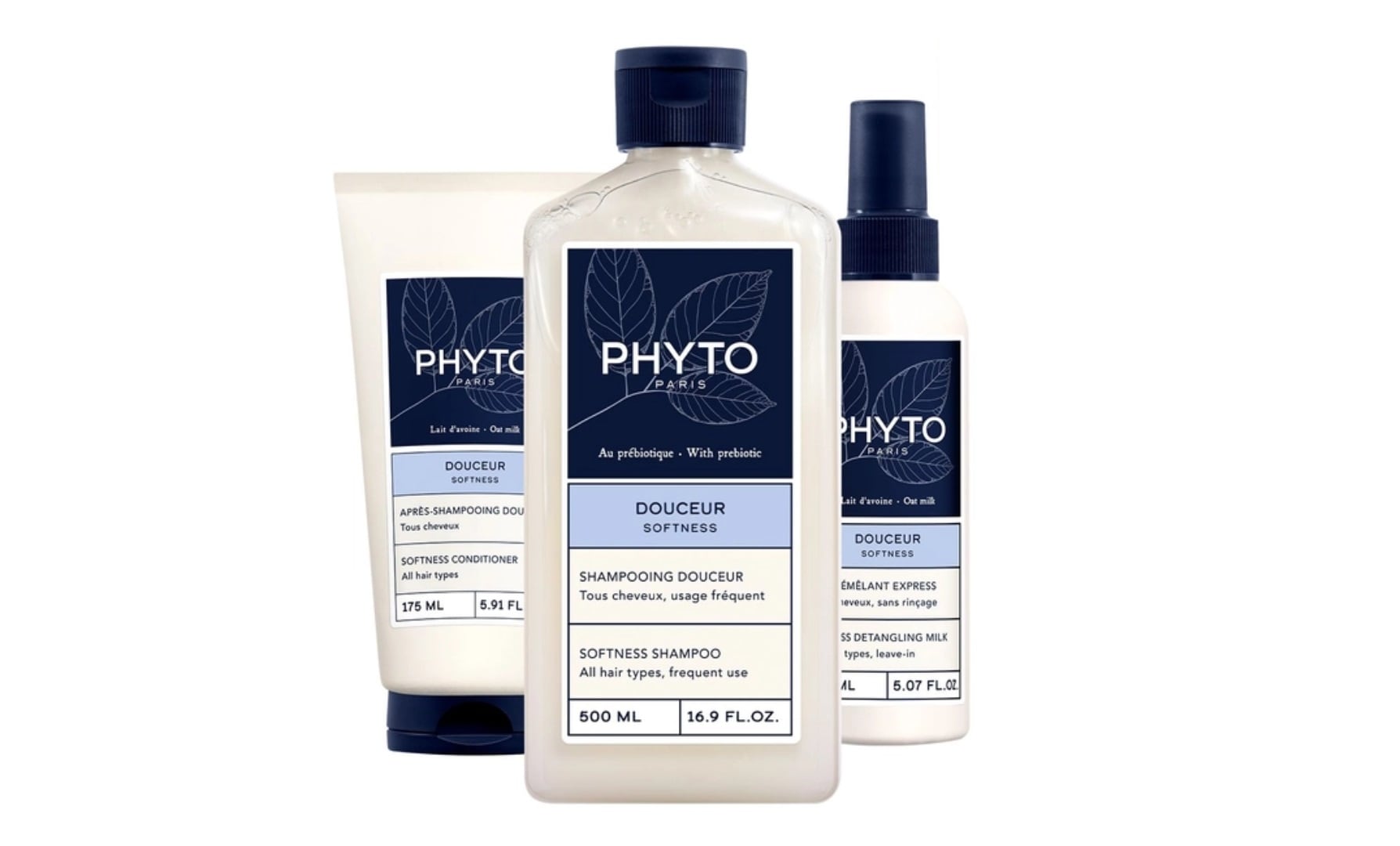
French hair care brand Phyto is streamlining its offerings to strengthen its position in the increasingly competitive hair care landscape in Asia.
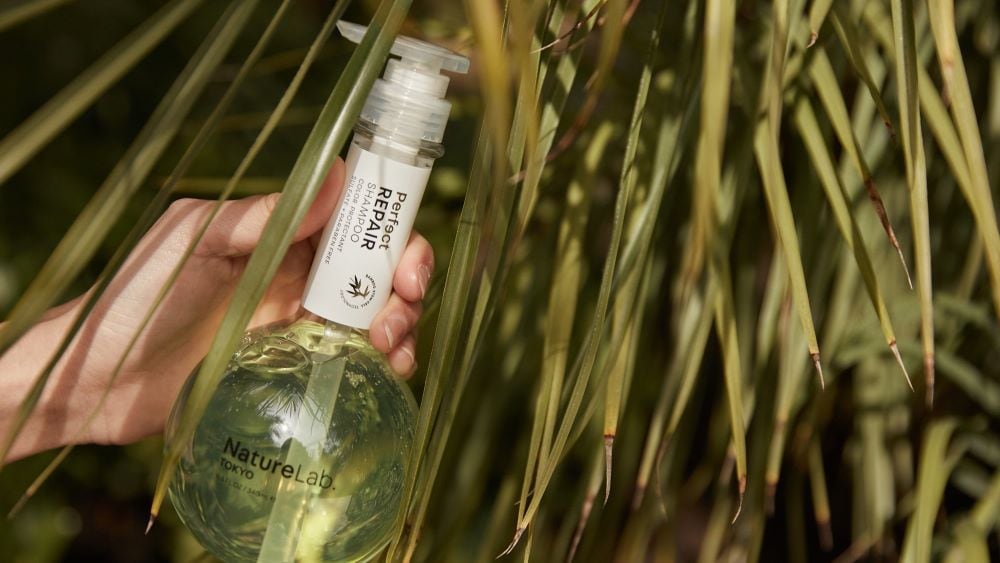
Japanese personal care major Mandom is rolling out NatureLab Tokyo in Singapore as it seeks the opportunity to meet the demands for clean, natural and ingredient-led scalp care solutions.
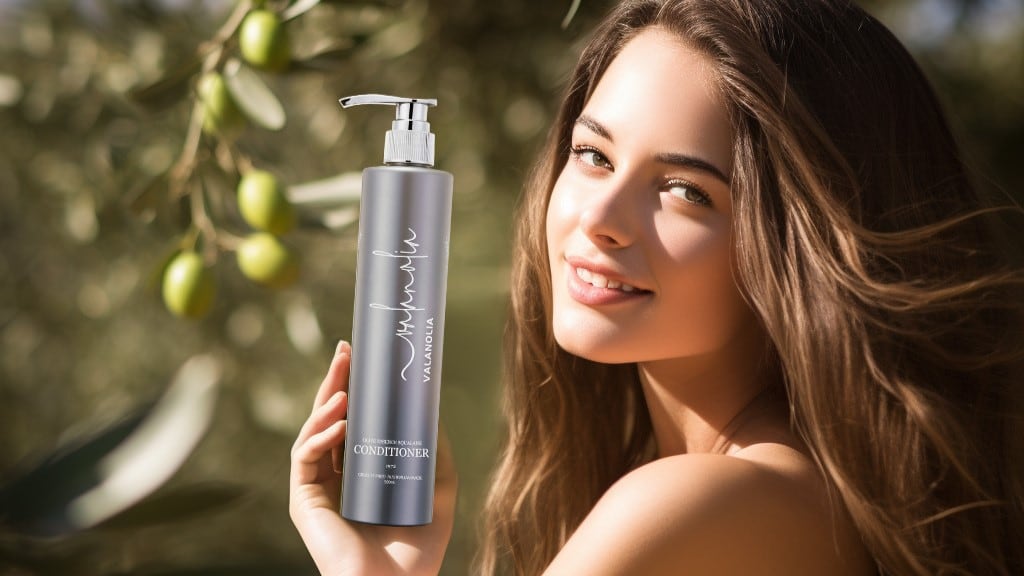
Australian olive farm Valanolia has ventured into beauty with antioxidant rich olive oil hair care made from upcycled materials to meet booming demand for advanced hair care solutions in Asia.
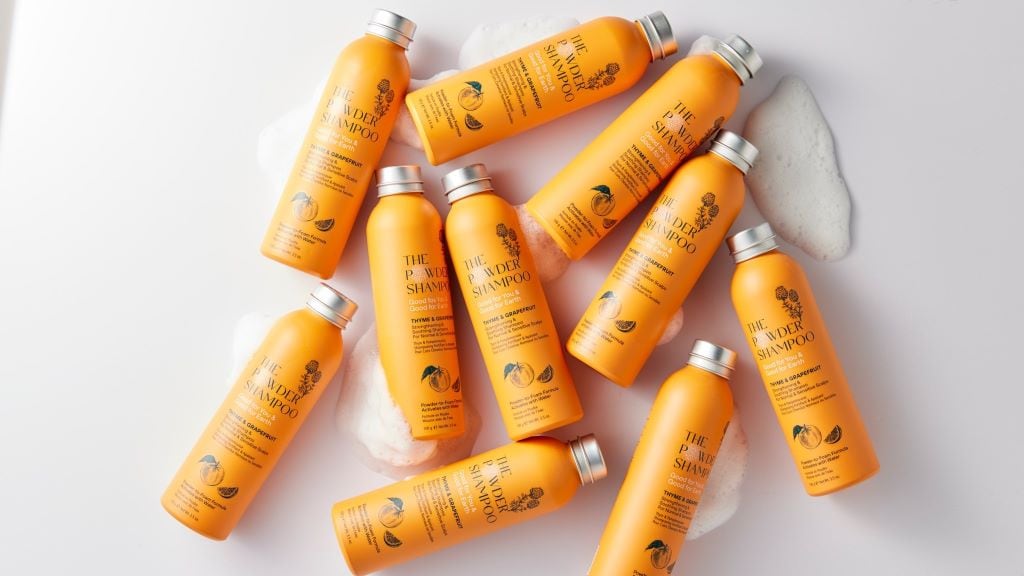
Singapore brand The Powder Shampoo says a waterless conditioner is currently in development to meet growing consumer demand for more plastic-free, water-saving products.
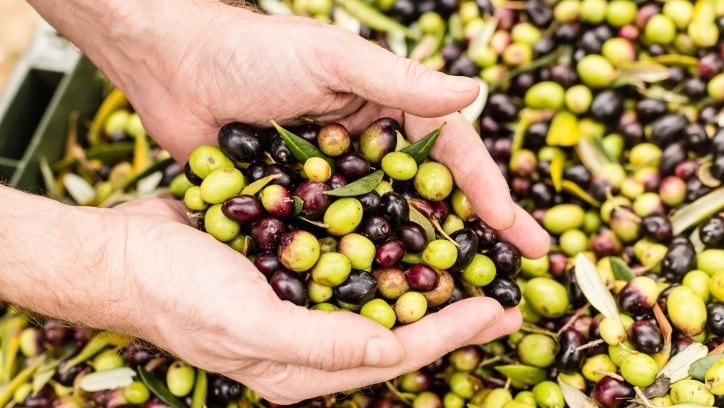
Beauty Broadcast Video Series
Australian olive oil producers have huge opportunity to upcycle pomace as cosmetic ingredients to tap into health and wellness trends, according to industry experts.
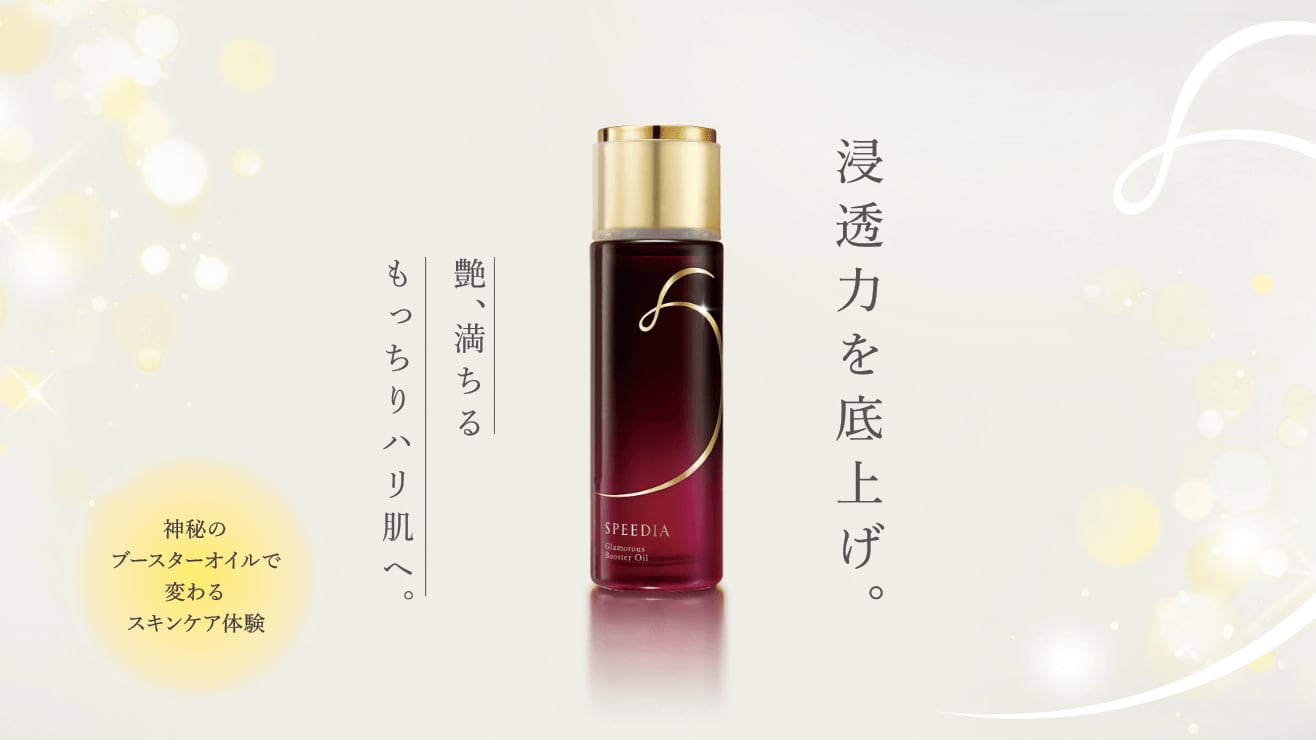
Japanese Fast-food company Yoshinoya Holdings is venturing into the beauty sector with the launch of Speedia, a skin care line featuring ostrich oil.
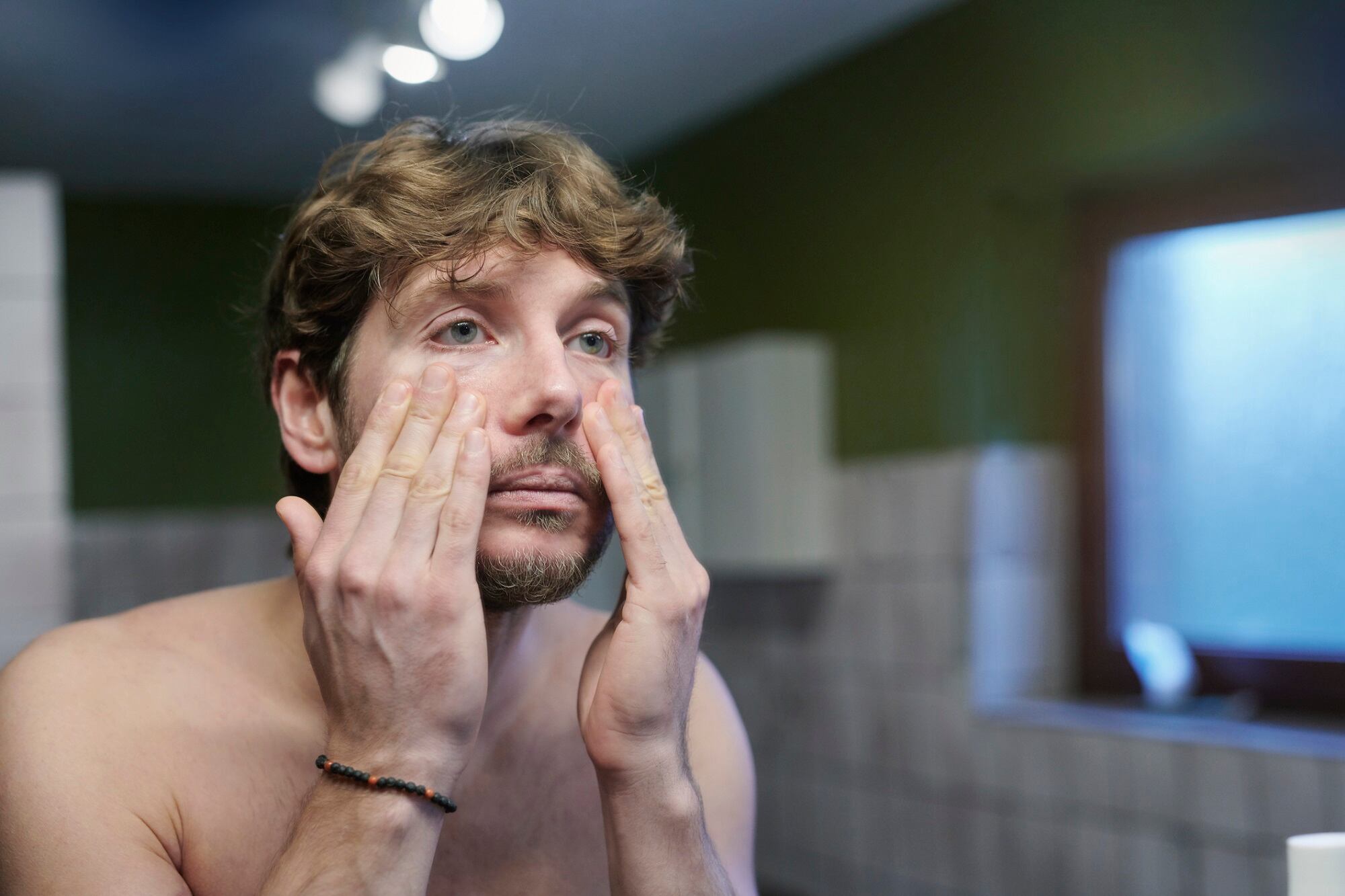
Key factors driving the noteworthy growth in the men's skin care segment of the beauty and personal care market include "a cultural shift towards inclusive grooming" and "an evolving concept of masculinity that embraces self-care," according to Mintel...
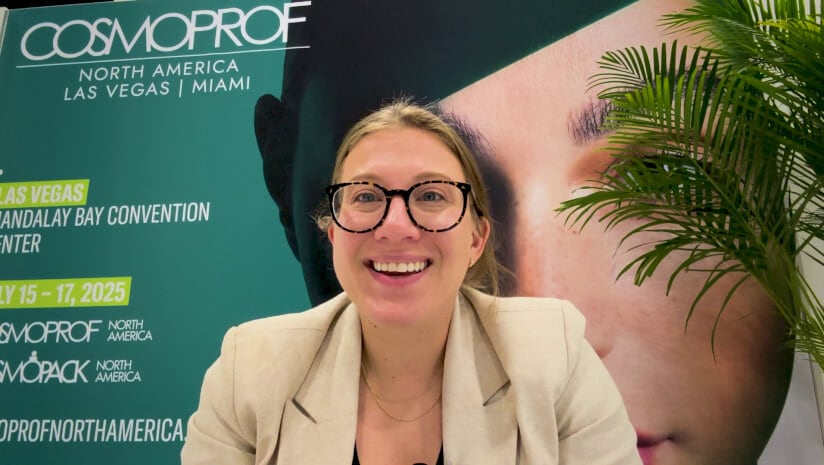
We selected three stand-out brands during this year's Cosmoprof North America show that are innovators and leaders in the clean and green beauty space: a skin care brand, a packaging manufacturer, and a whole-body deodorant brand.
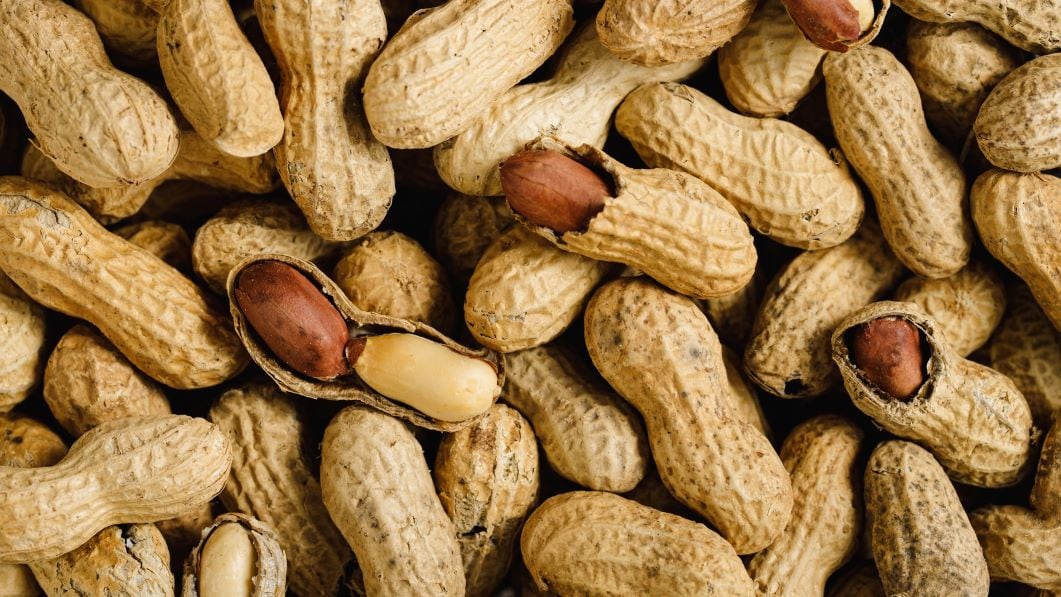
A recent study shows the promising potential of peanut callus extract, which is rich in resveratrol, as a natural ingredient for hair growth stimulation and anti-hair loss treatments.
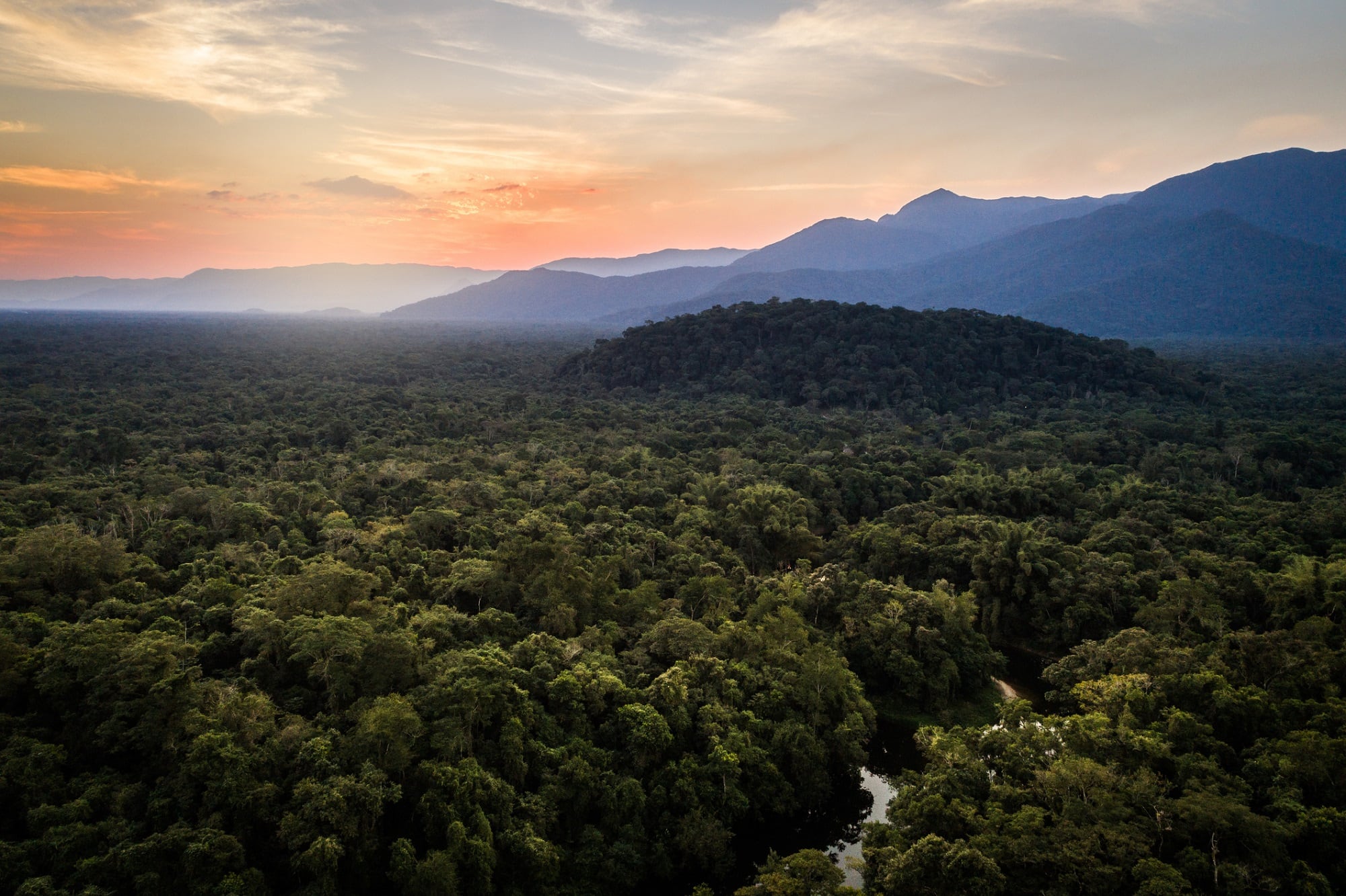
Apoena Biotech's recent expedition collected over 25 plant species and has isolated 'approximately 1,000 microorganisms from 100 collected samples' in search of new bioactive ingredients for cosmetic and personal care product formulations.